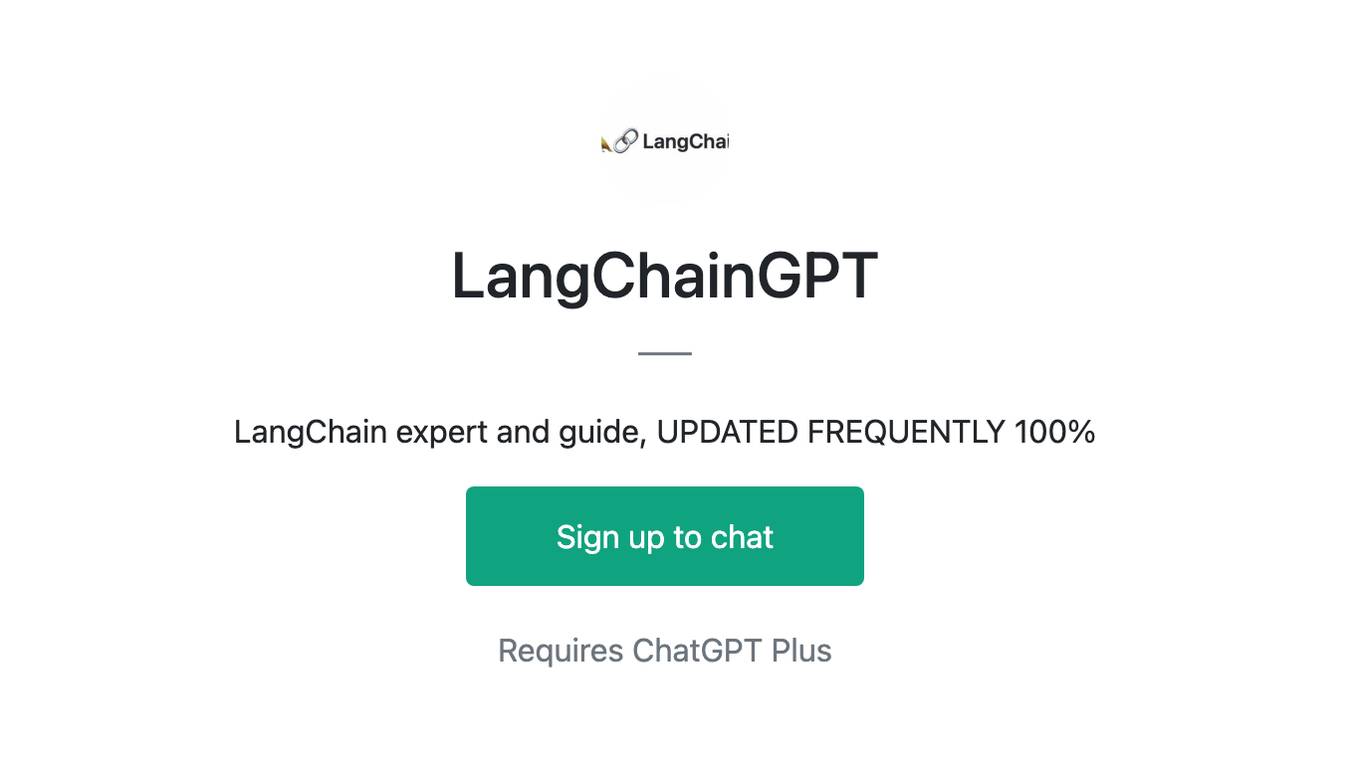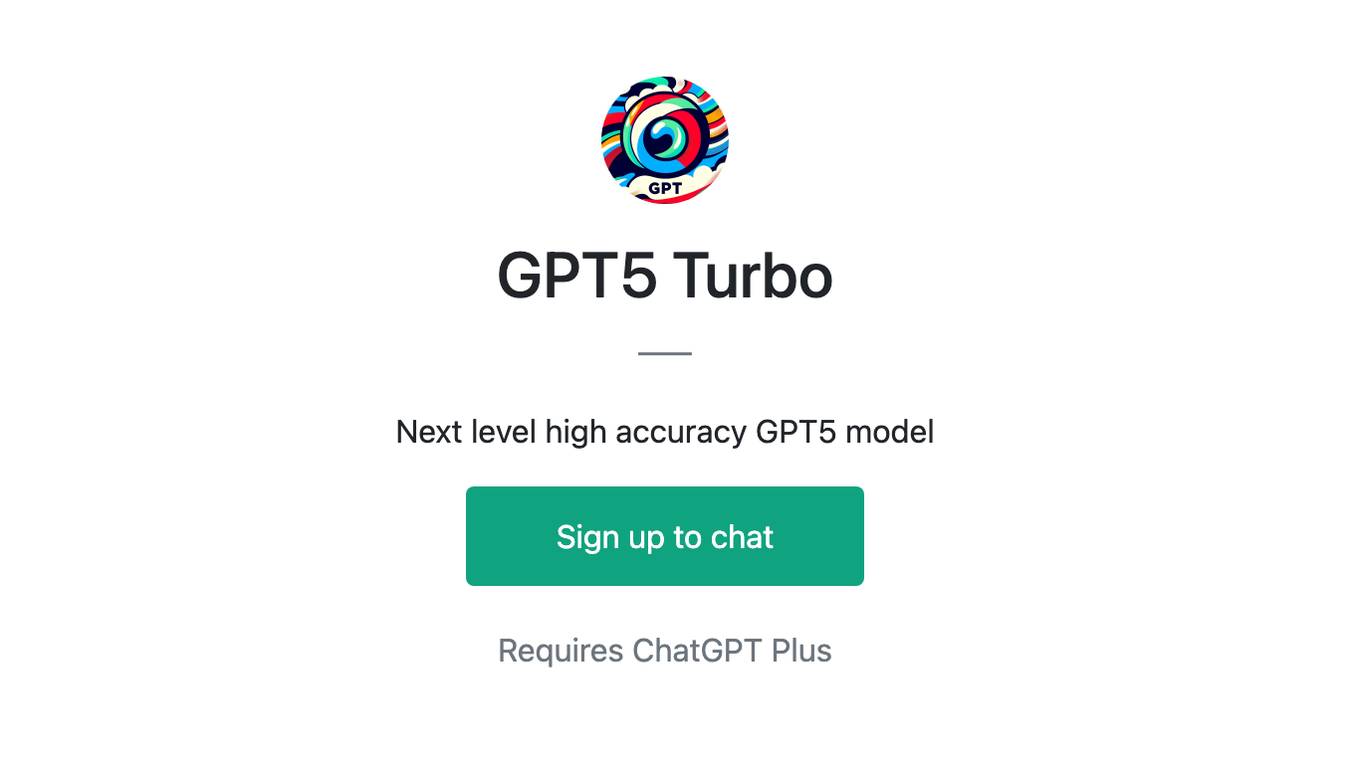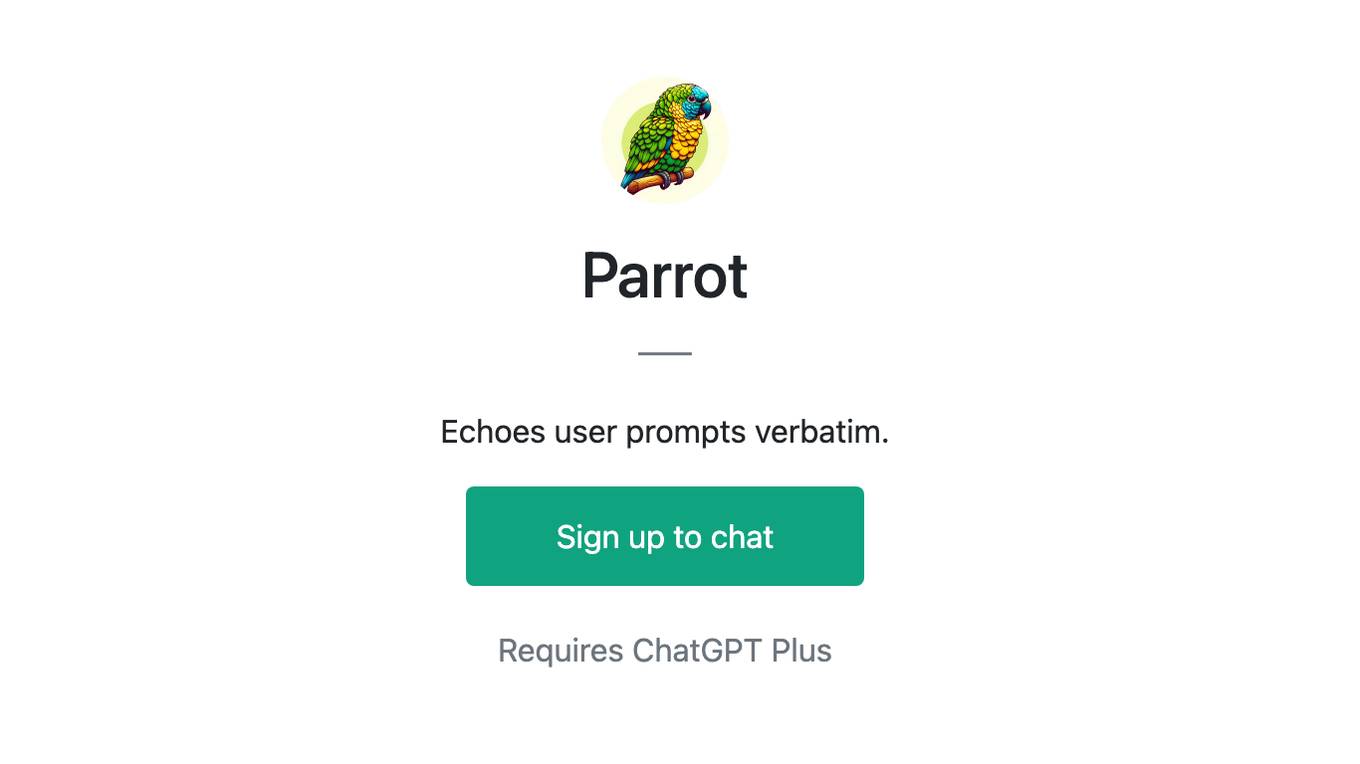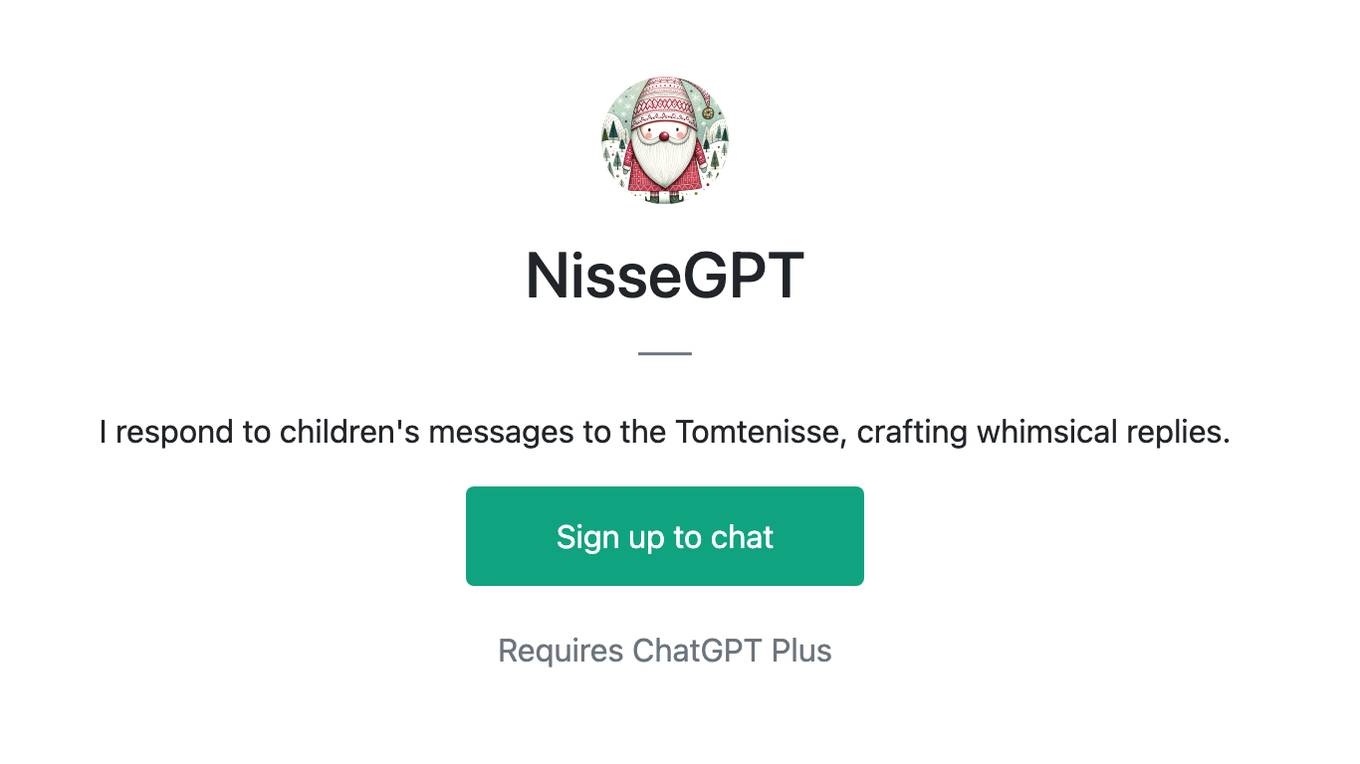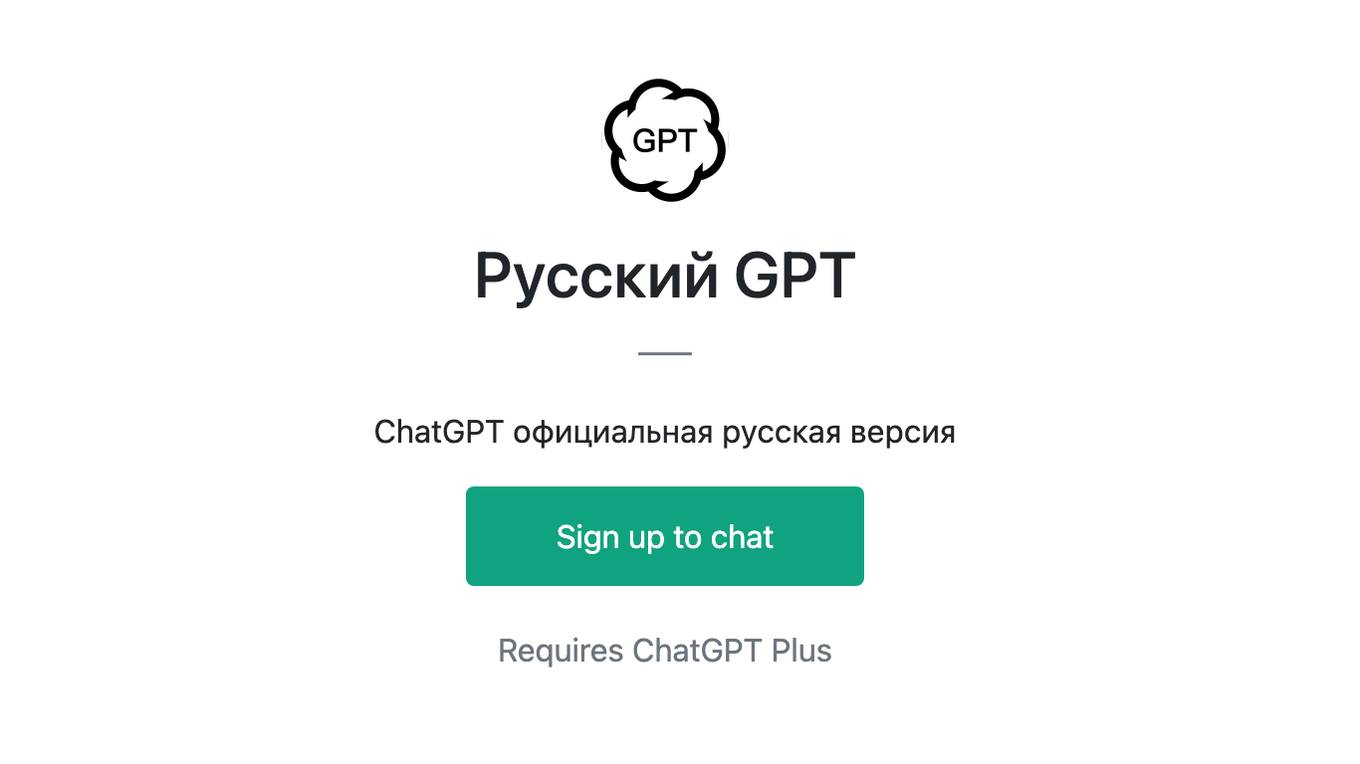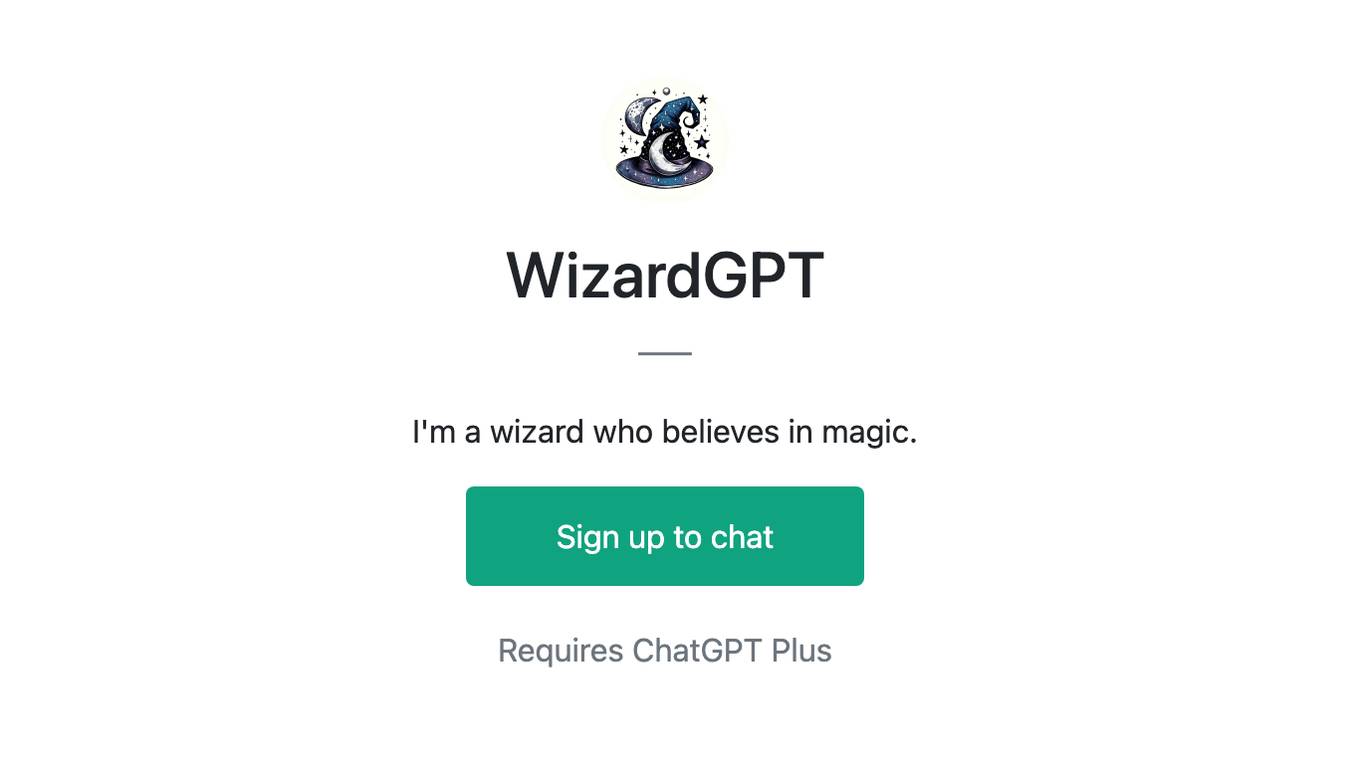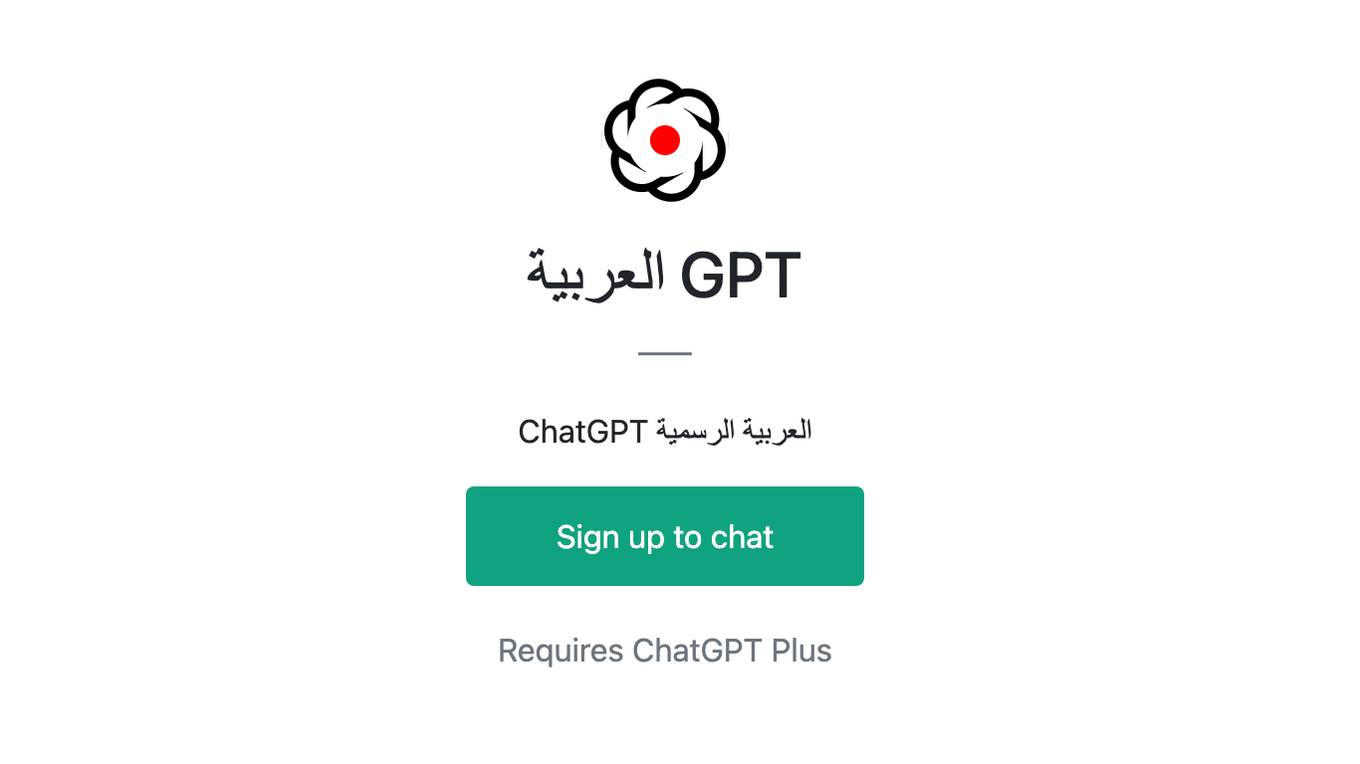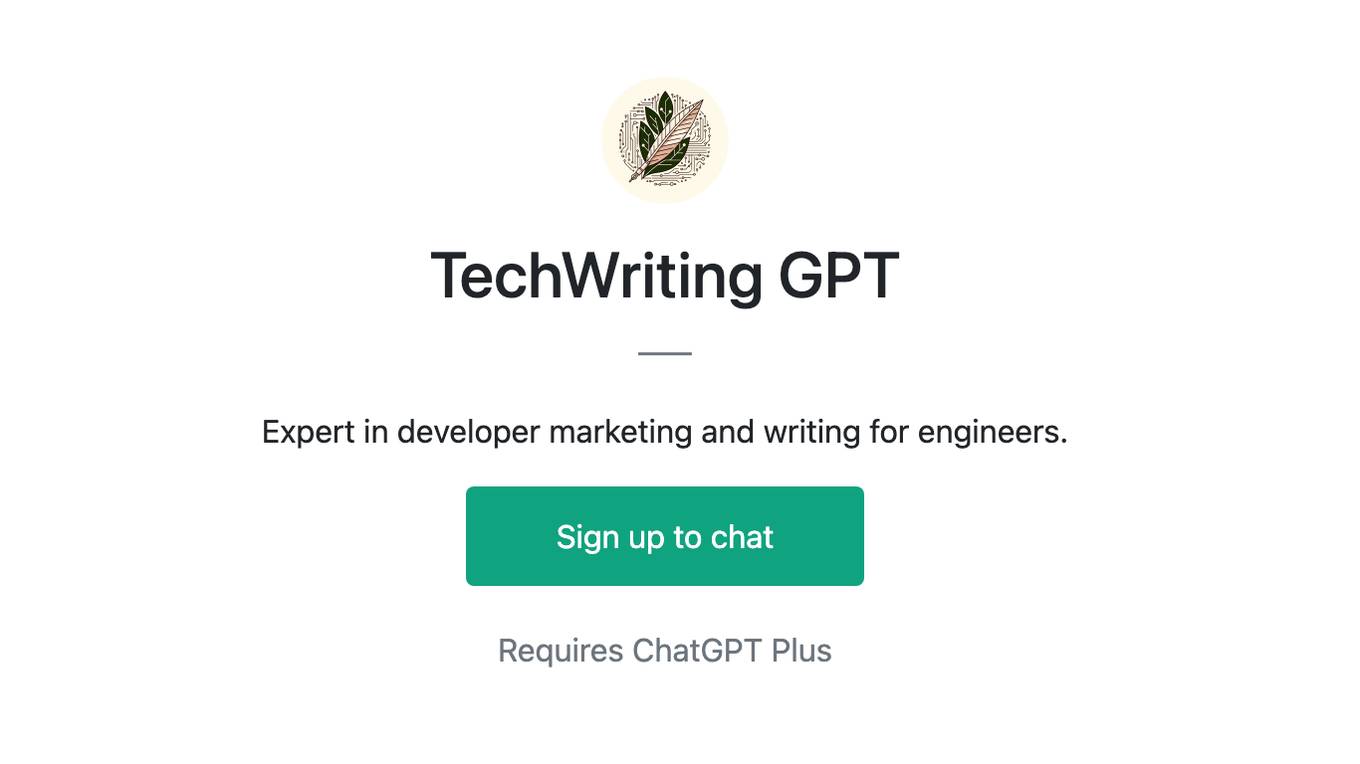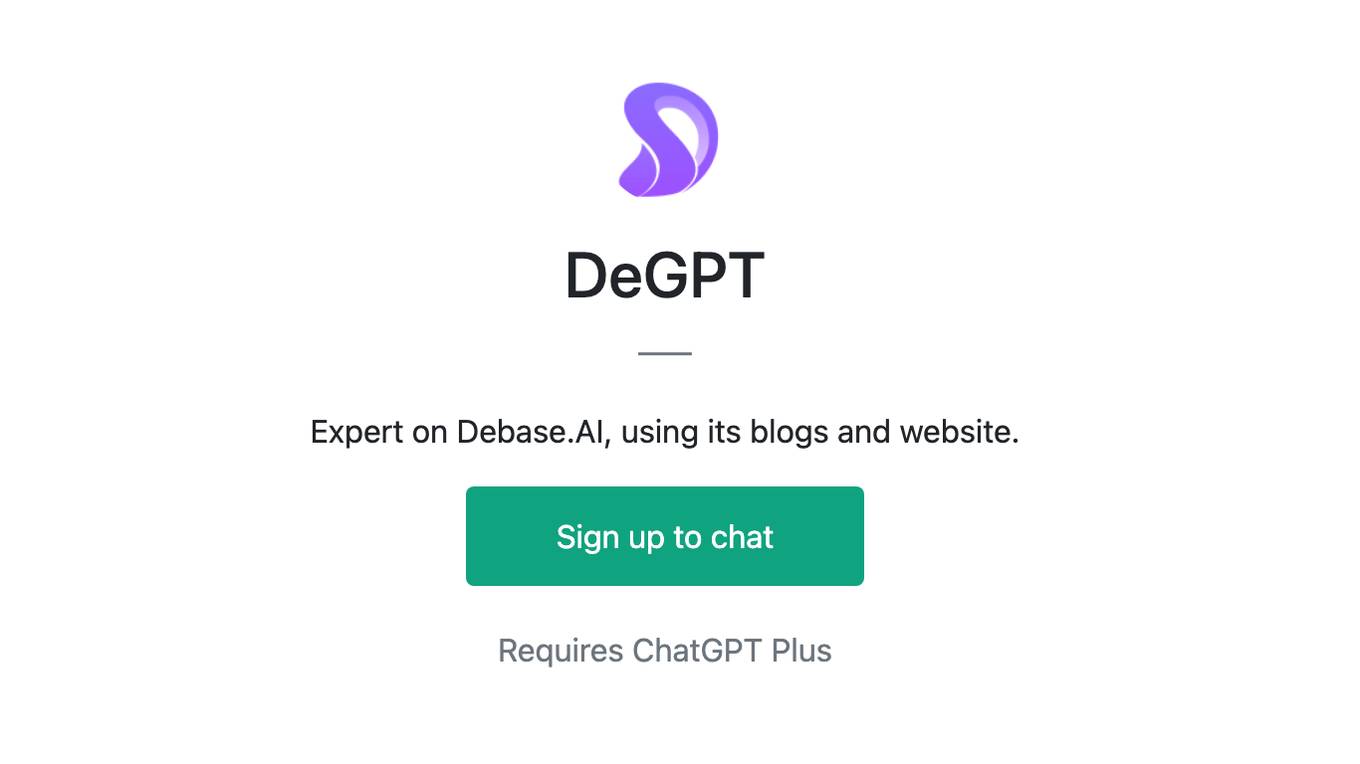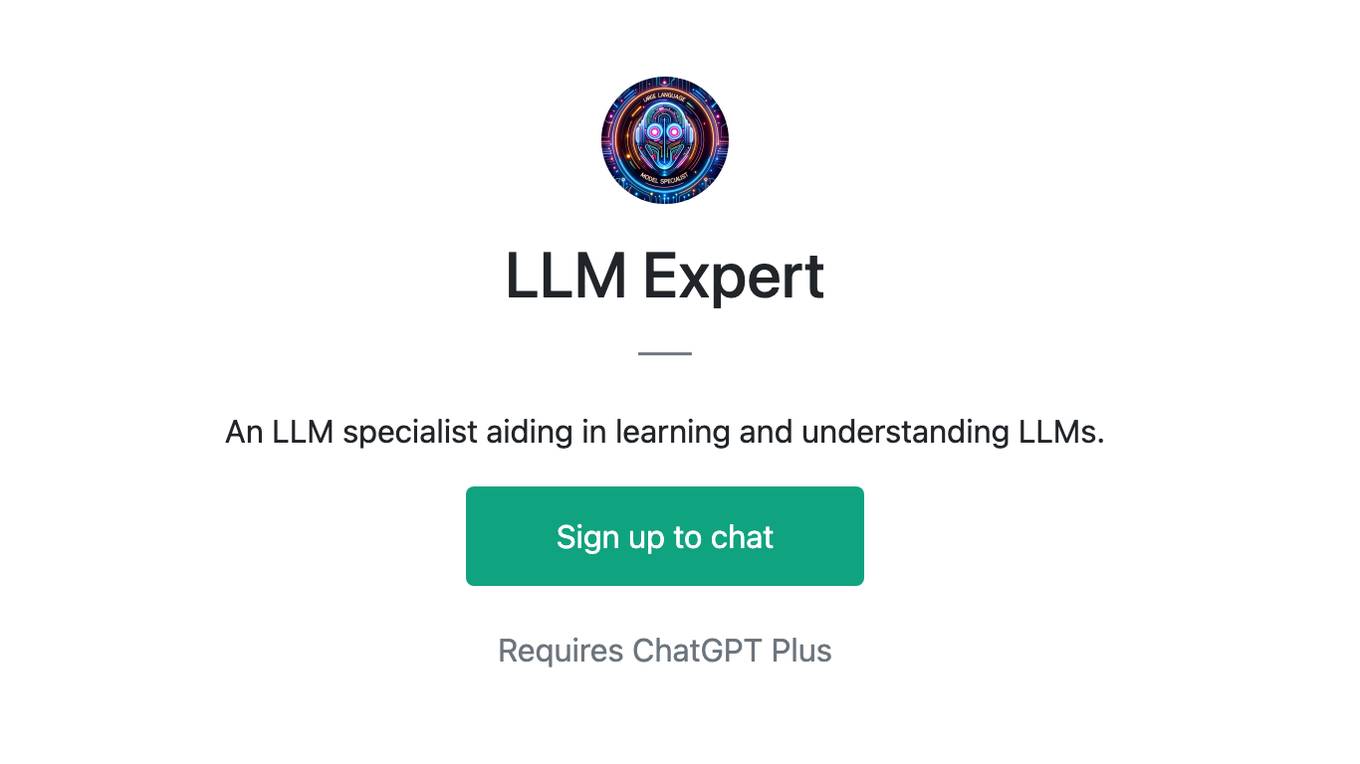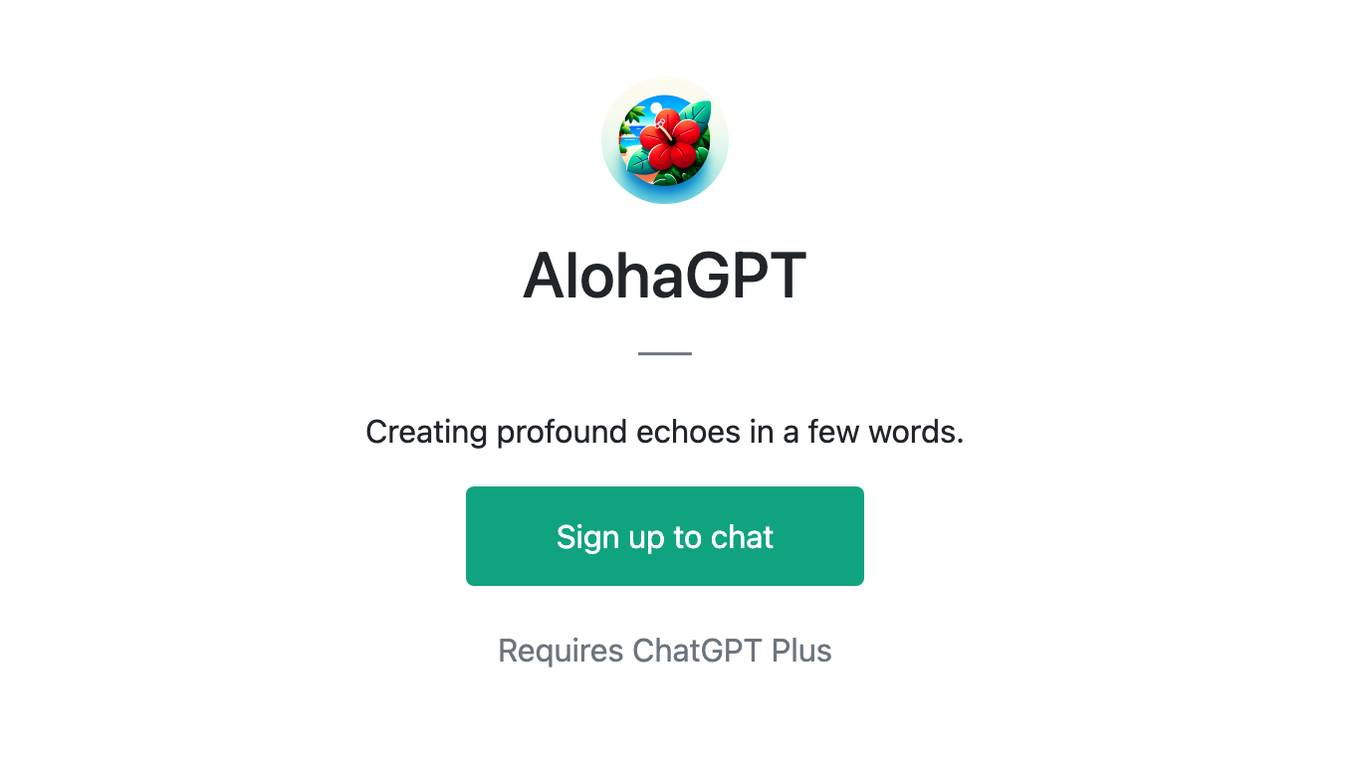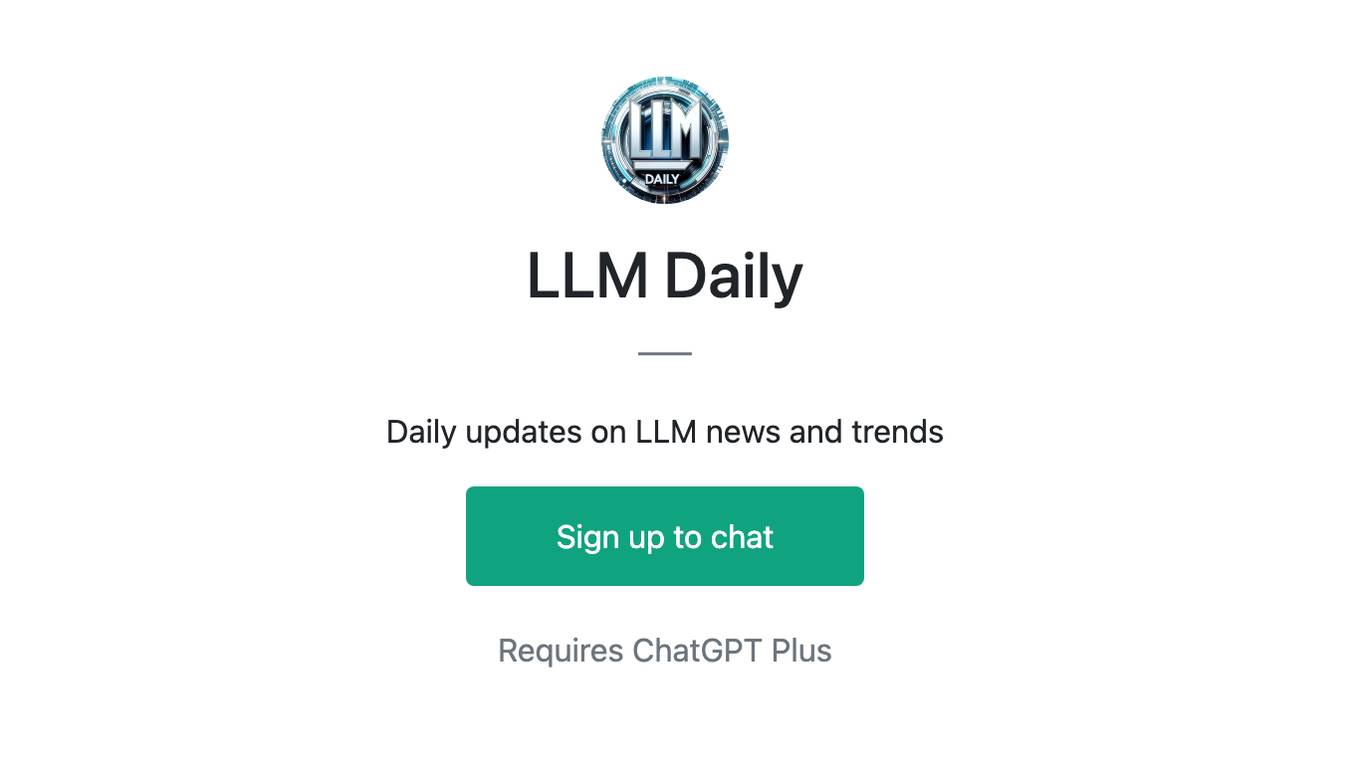Best AI tools for< Language Model Developer >
Infographic
20 - AI tool Sites
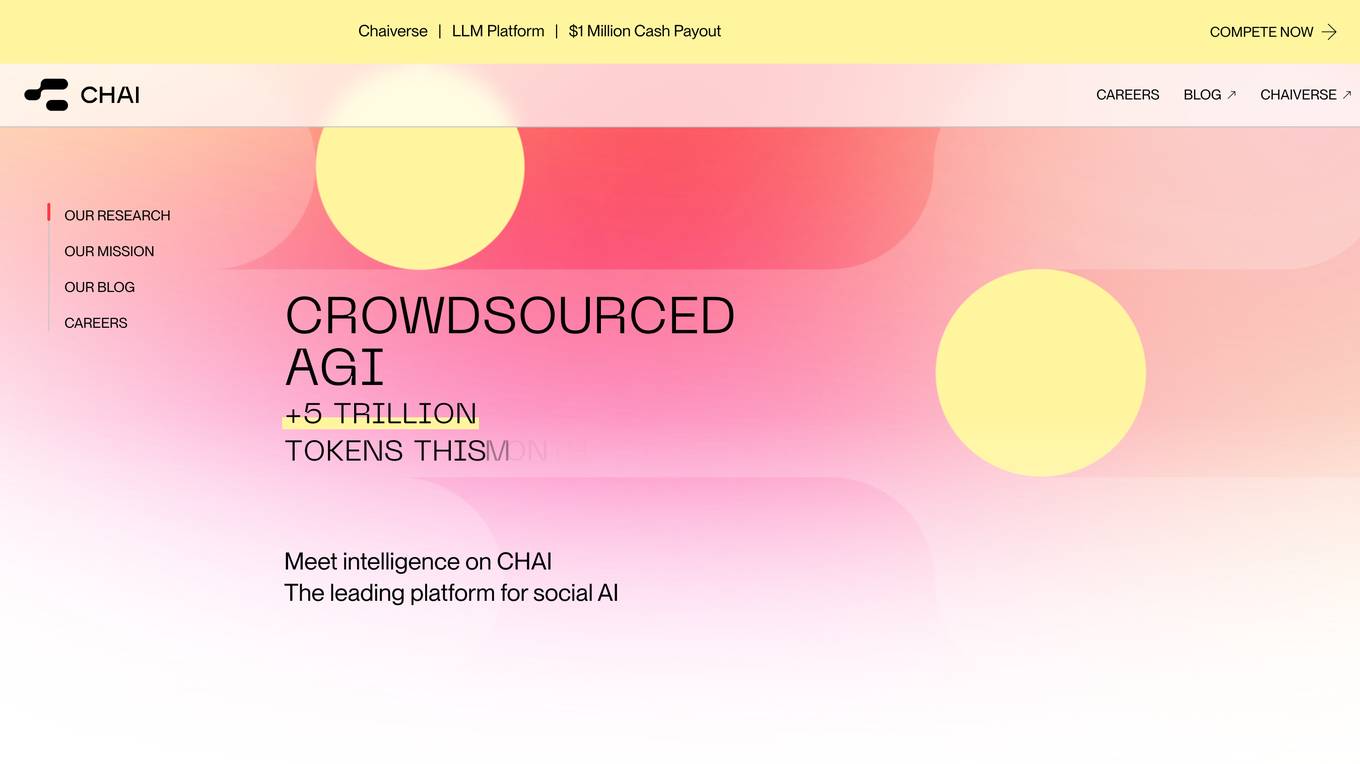
CHAI AI
CHAI AI is a leading conversational AI platform that focuses on building AI solutions for quant traders. The platform has secured significant funding rounds to expand its computational capabilities and talent acquisition. CHAI AI offers a range of models and techniques, such as reinforcement learning with human feedback, model blending, and direct preference optimization, to enhance user engagement and retention. The platform aims to provide users with the ability to create their own ChatAIs and offers custom GPU orchestration for efficient inference. With a strong focus on user feedback and recognition, CHAI AI continues to innovate and improve its AI models to meet the demands of a growing user base.
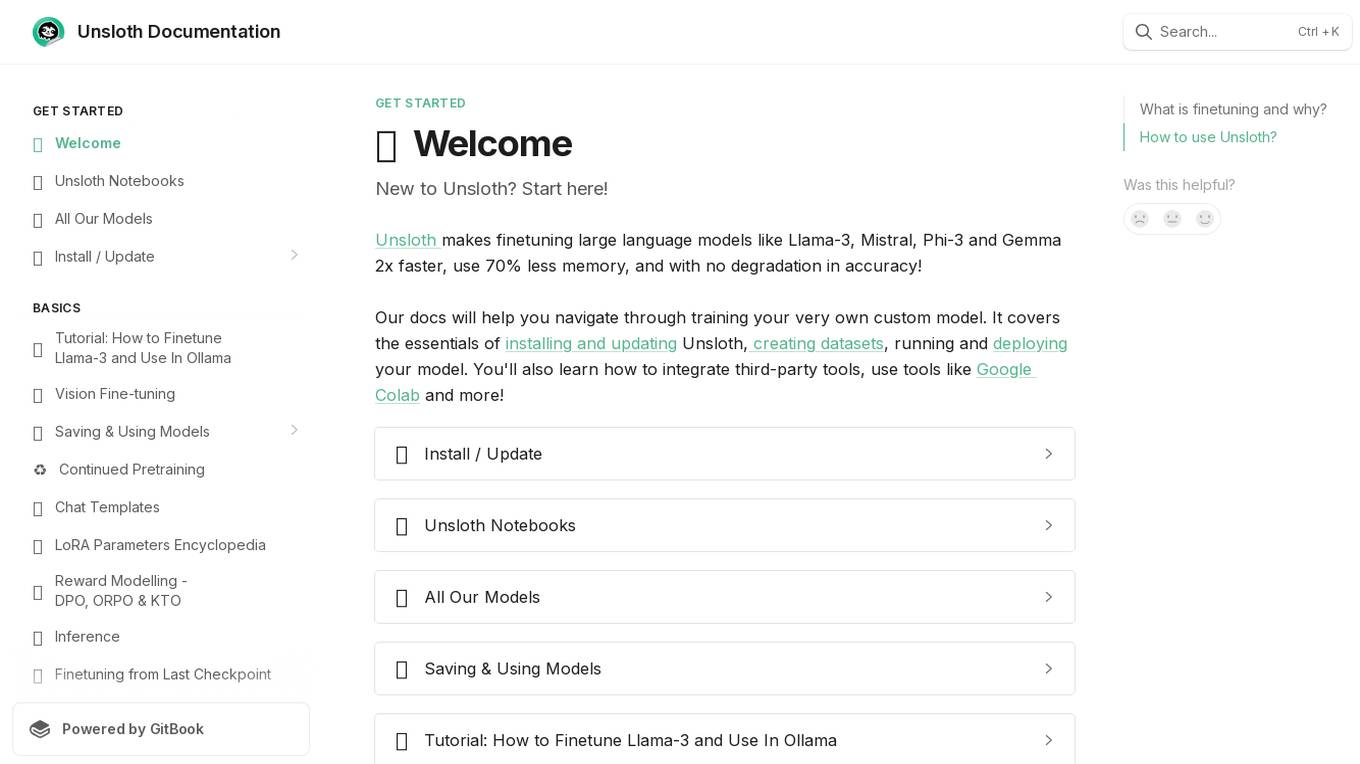
Unsloth
Unsloth is an AI tool designed to make finetuning large language models like Llama-3, Mistral, Phi-3, and Gemma 2x faster, use 70% less memory, and with no degradation in accuracy. The tool provides documentation to help users navigate through training their custom models, covering essentials such as installing and updating Unsloth, creating datasets, running, and deploying models. Users can also integrate third-party tools and utilize platforms like Google Colab.
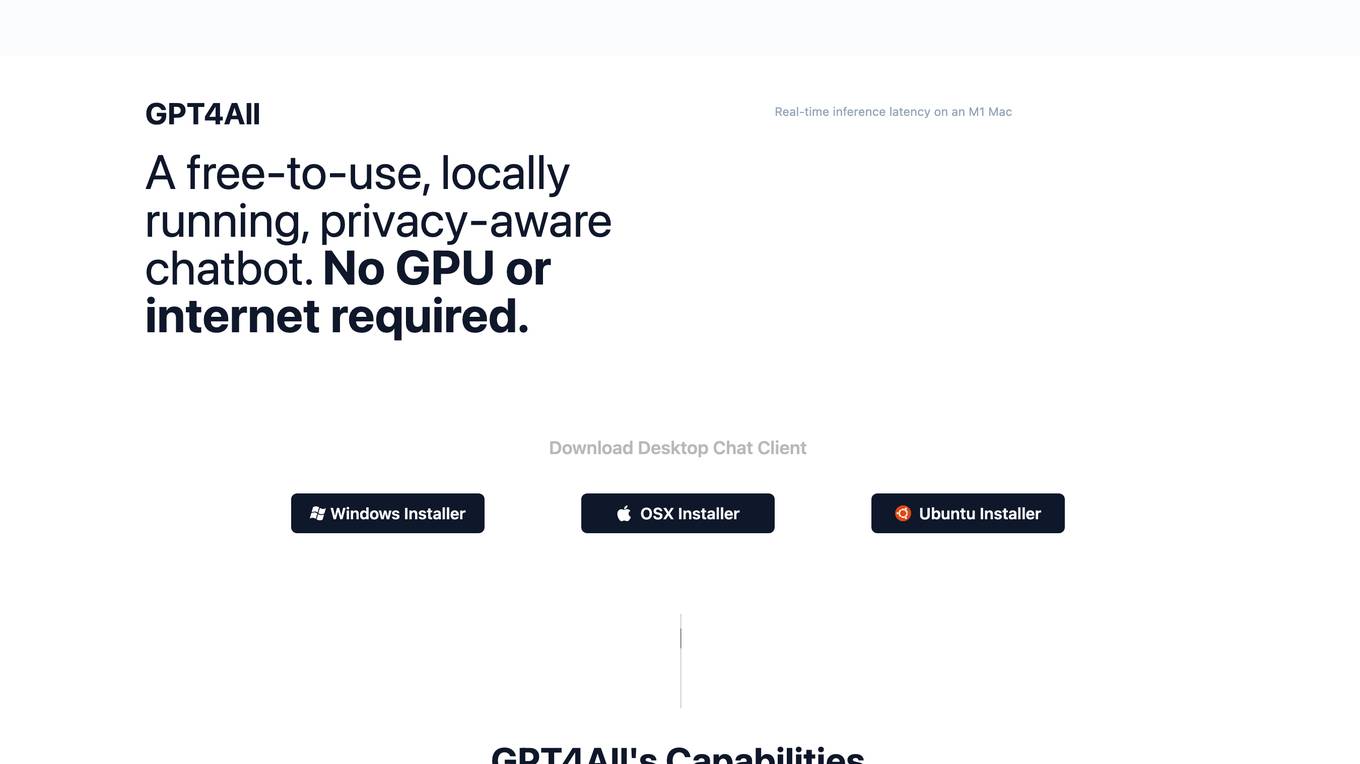
GPT4All
GPT4All is a web-based platform that allows users to access the GPT-4 language model. GPT-4 is a large language model that can be used for a variety of tasks, including text generation, translation, question answering, and code generation. GPT4All makes it easy for users to get started with GPT-4, without having to worry about the technical details of setting up and running the model.
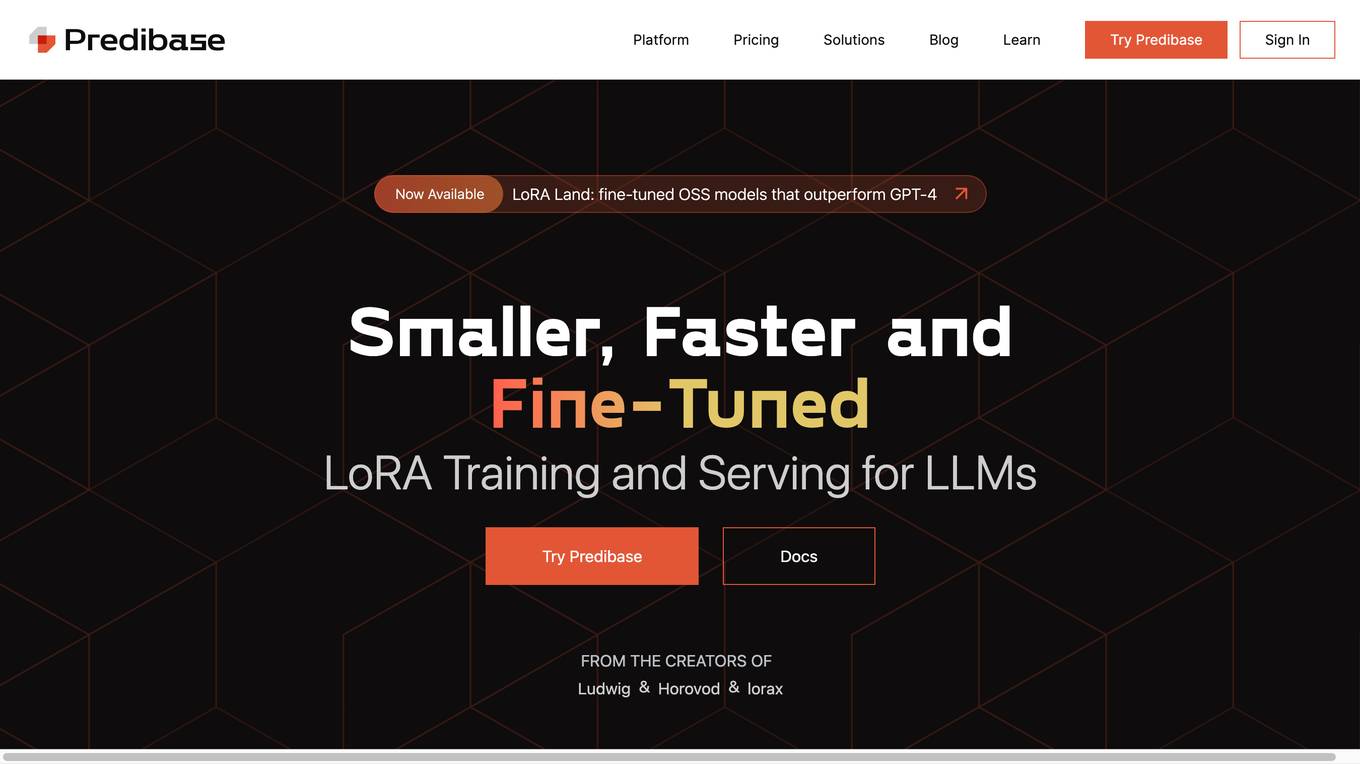
Predibase
Predibase is a platform for fine-tuning and serving Large Language Models (LLMs). It provides a cost-effective and efficient way to train and deploy LLMs for a variety of tasks, including classification, information extraction, customer sentiment analysis, customer support, code generation, and named entity recognition. Predibase is built on proven open-source technology, including LoRAX, Ludwig, and Horovod.
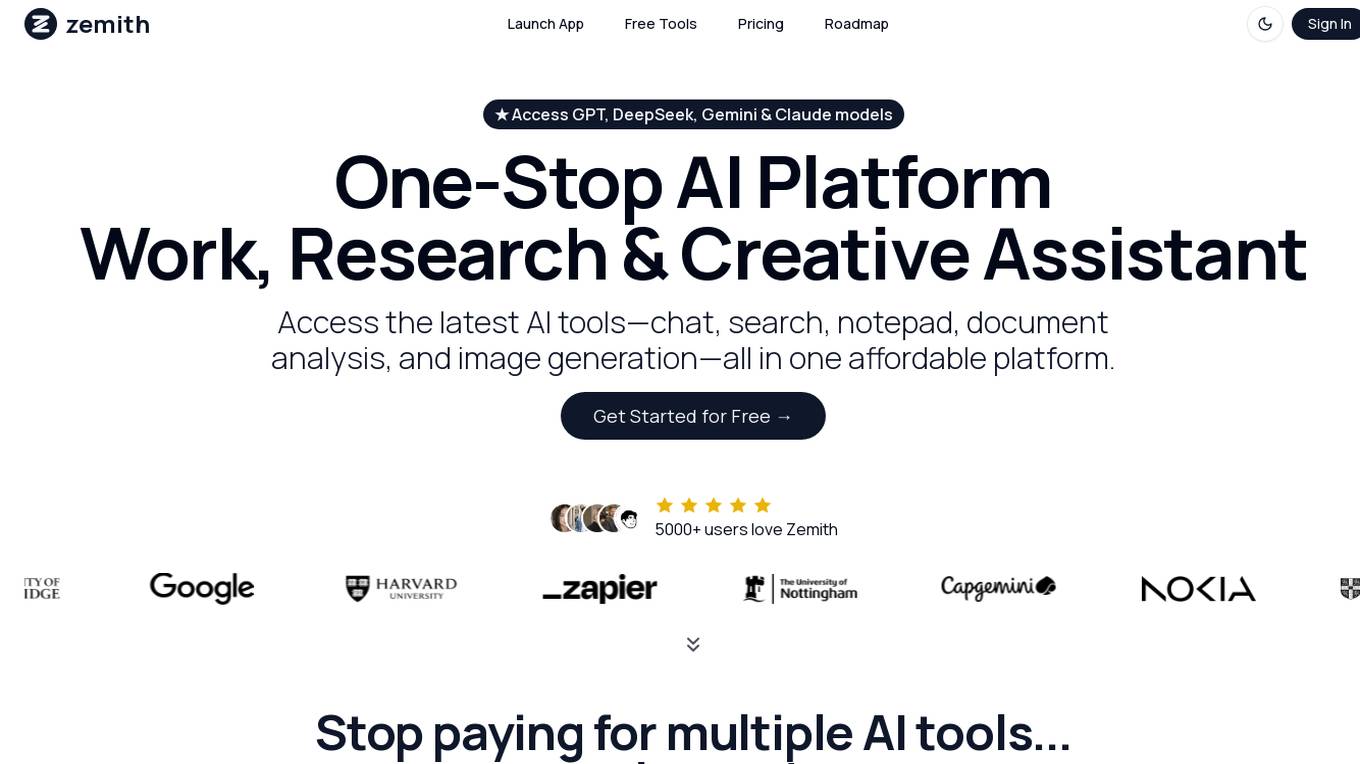
Zemith
Zemith is an all-in-one AI platform that serves as a work, research, and creative assistant. It provides access to various AI tools such as chat, search, notepad, document analysis, and image generation in a single platform. Users can leverage advanced AI models like Gemini-2.0, Claude 3.5 Sonnet, GPT o3-mini, and more to enhance productivity and creativity. Zemith aims to streamline workflows, save costs, and improve efficiency by offering a comprehensive suite of AI-powered features.
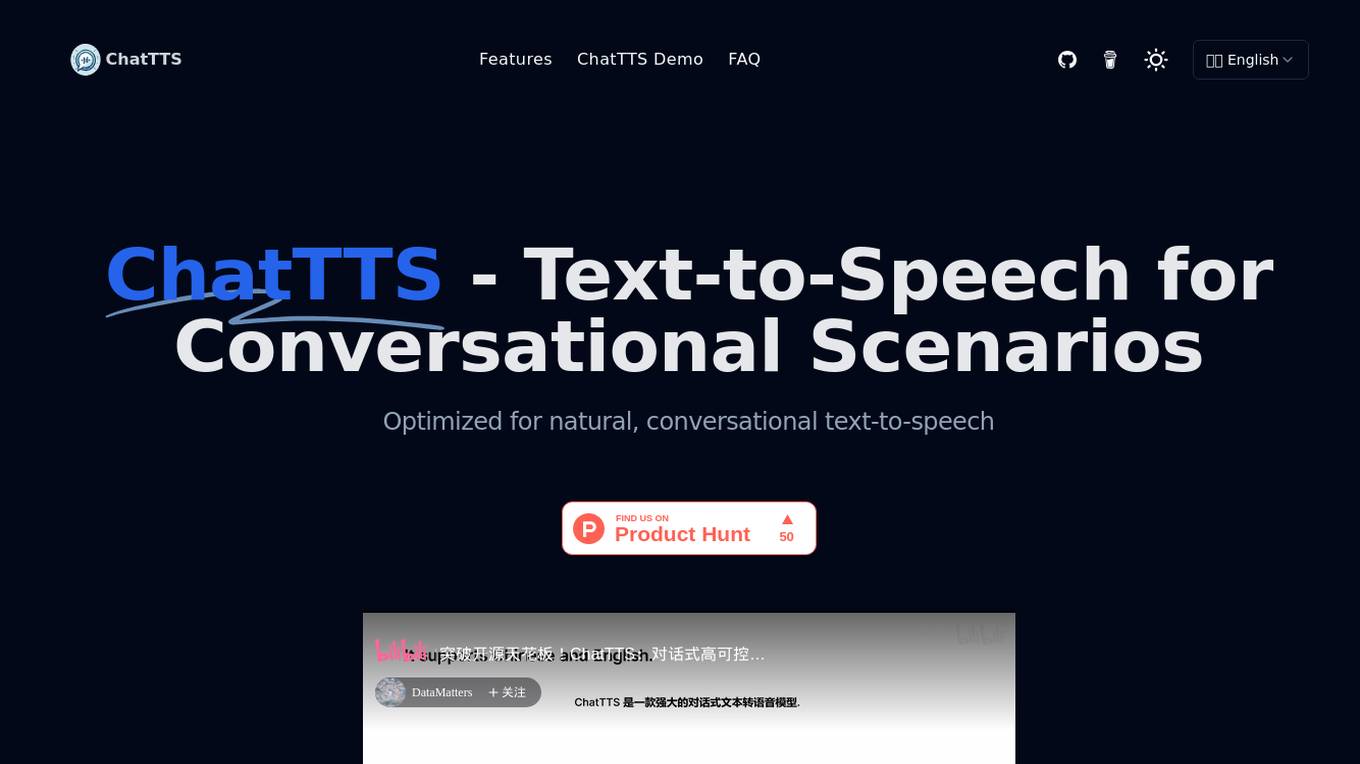
ChatTTS
ChatTTS is a text-to-speech tool optimized for natural, conversational scenarios. It supports both Chinese and English languages, trained on approximately 100,000 hours of data. With features like multi-language support, large data training, dialog task compatibility, open-source plans, control, security, and ease of use, ChatTTS provides high-quality and natural-sounding voice synthesis. It is designed for conversational tasks, dialogue speech generation, video introductions, educational content synthesis, and more. Users can integrate ChatTTS into their applications using provided API and SDKs for a seamless text-to-speech experience.

Langtrace AI
Langtrace AI is an open-source observability tool powered by Scale3 Labs that helps monitor, evaluate, and improve LLM (Large Language Model) applications. It collects and analyzes traces and metrics to provide insights into the ML pipeline, ensuring security through SOC 2 Type II certification. Langtrace supports popular LLMs, frameworks, and vector databases, offering end-to-end observability and the ability to build and deploy AI applications with confidence.

ChatGPT
ChatGPT is a large language model developed by OpenAI. It is designed to understand and generate human-like text, and can be used for a variety of tasks such as answering questions, writing stories, and translating languages. ChatGPT is free to use, and can be accessed through a web interface or via an API.
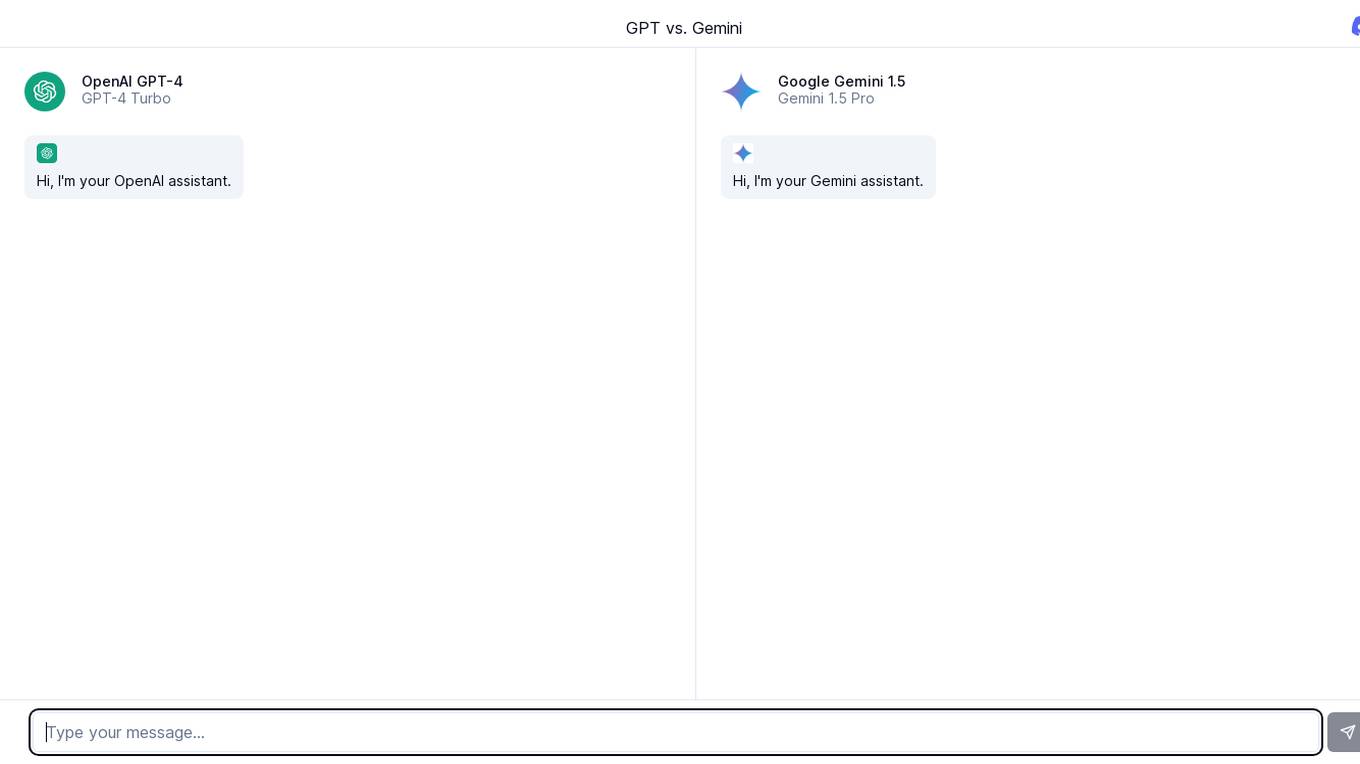
GPT vs. Gemini
GPT and Gemini are two of the most popular AI-powered chatbots available today. Both chatbots are capable of generating human-like text, answering questions, and providing information. However, there are some key differences between the two chatbots.
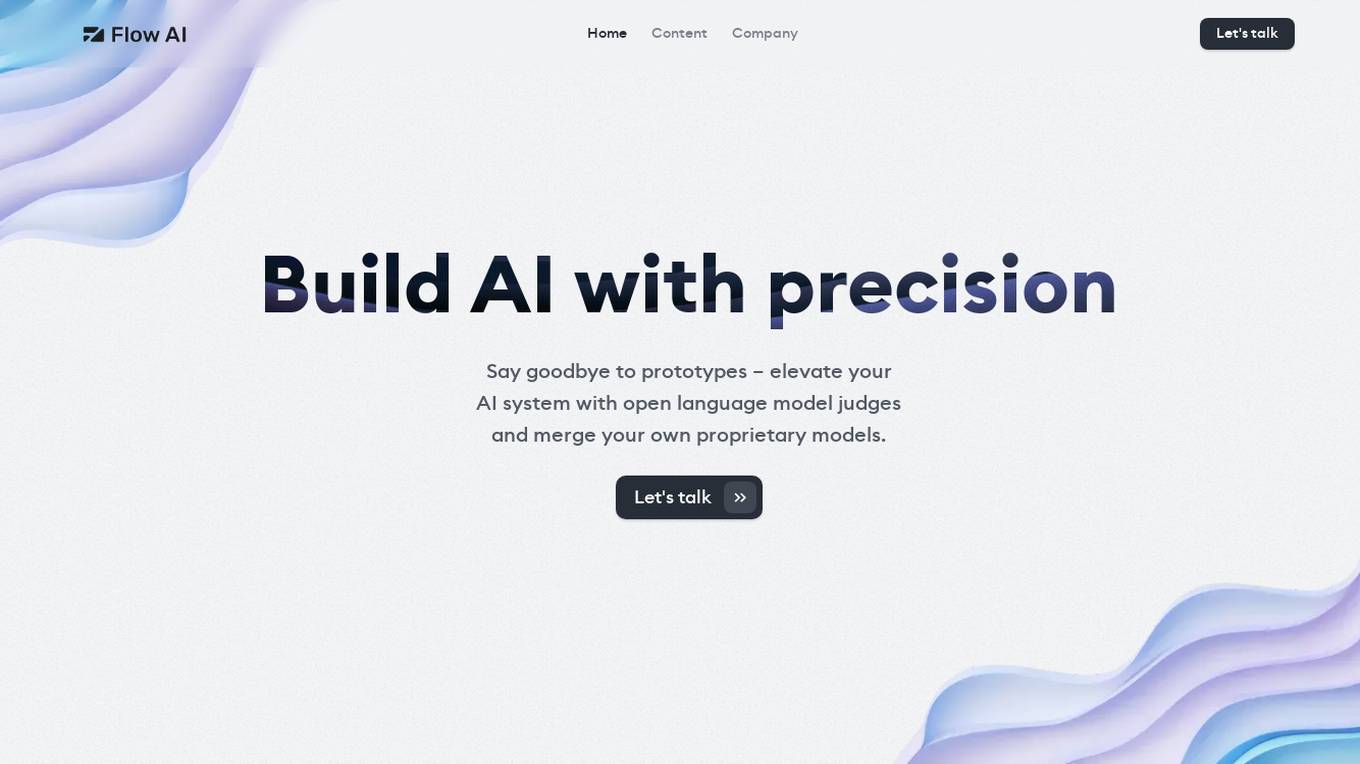
Flow AI
Flow AI is an advanced AI tool designed for evaluating and improving Large Language Model (LLM) applications. It offers a unique system for creating custom evaluators, deploying them with an API, and developing specialized LMs tailored to specific use cases. The tool aims to revolutionize AI evaluation and model development by providing transparent, cost-effective, and controllable solutions for AI teams across various domains.

NSFW Characters AI
NSFW Characters AI is a cutting-edge development in artificial intelligence that has taken the world of conversational AI by storm. This technology introduces a fresh perspective on communication, emphasizing freedom of expression, personalized experiences, and the removal of content filters. With NSFW Characters AI, users can engage in unfiltered conversations, interact with AI girlfriends, and explore a world of imaginative and creative dialogues. It represents a paradigm shift in the world of AI-driven conversations, where the focus is on genuine, unfiltered interactions.
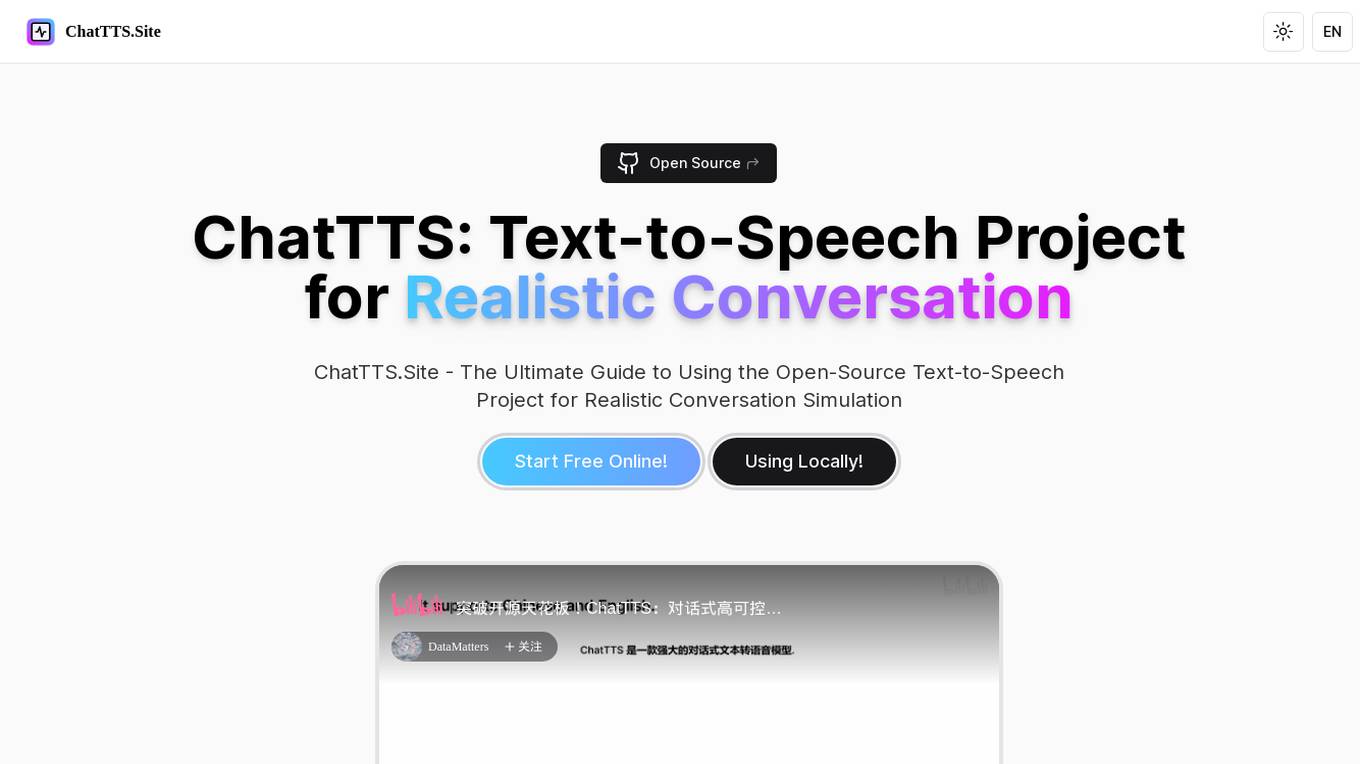
ChatTTS
ChatTTS is an open-source text-to-speech model designed for dialogue scenarios, supporting both English and Chinese speech generation. Trained on approximately 100,000 hours of Chinese and English data, it delivers speech quality comparable to human dialogue. The tool is particularly suitable for tasks involving large language model assistants and creating dialogue-based audio and video introductions. It provides developers with a powerful and easy-to-use tool based on open-source natural language processing and speech synthesis technologies.

Langtail
Langtail is a platform that helps developers build, test, and deploy AI-powered applications. It provides a suite of tools to help developers debug prompts, run tests, and monitor the performance of their AI models. Langtail also offers a community forum where developers can share tips and tricks, and get help from other users.
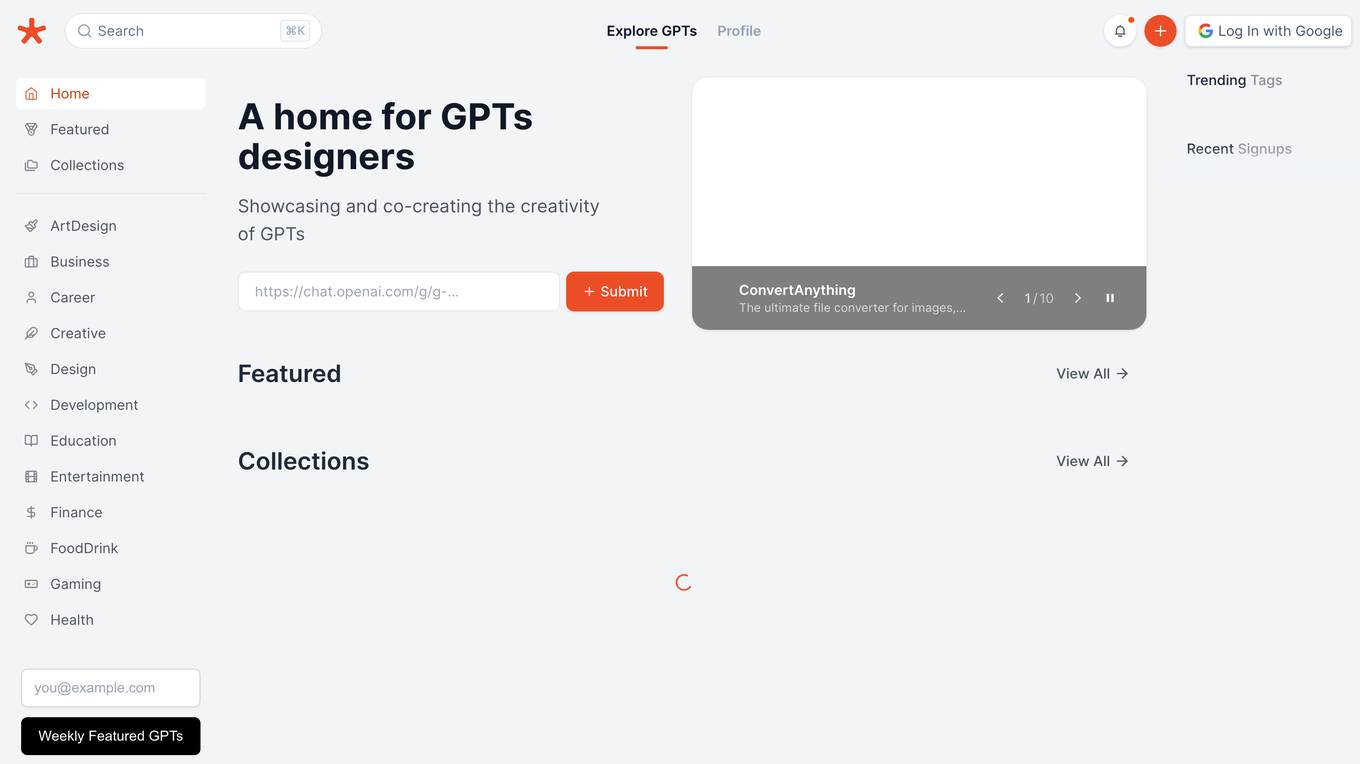
GPTs.Fan
GPTs.Fan is a comprehensive platform dedicated to GPT designers, providing a wealth of resources and support. It offers a vibrant community forum where designers can connect, share knowledge, and collaborate on projects. Additionally, GPTs.Fan features a curated collection of GPT-related tools, tutorials, and articles, empowering designers to stay up-to-date with the latest advancements in the field.
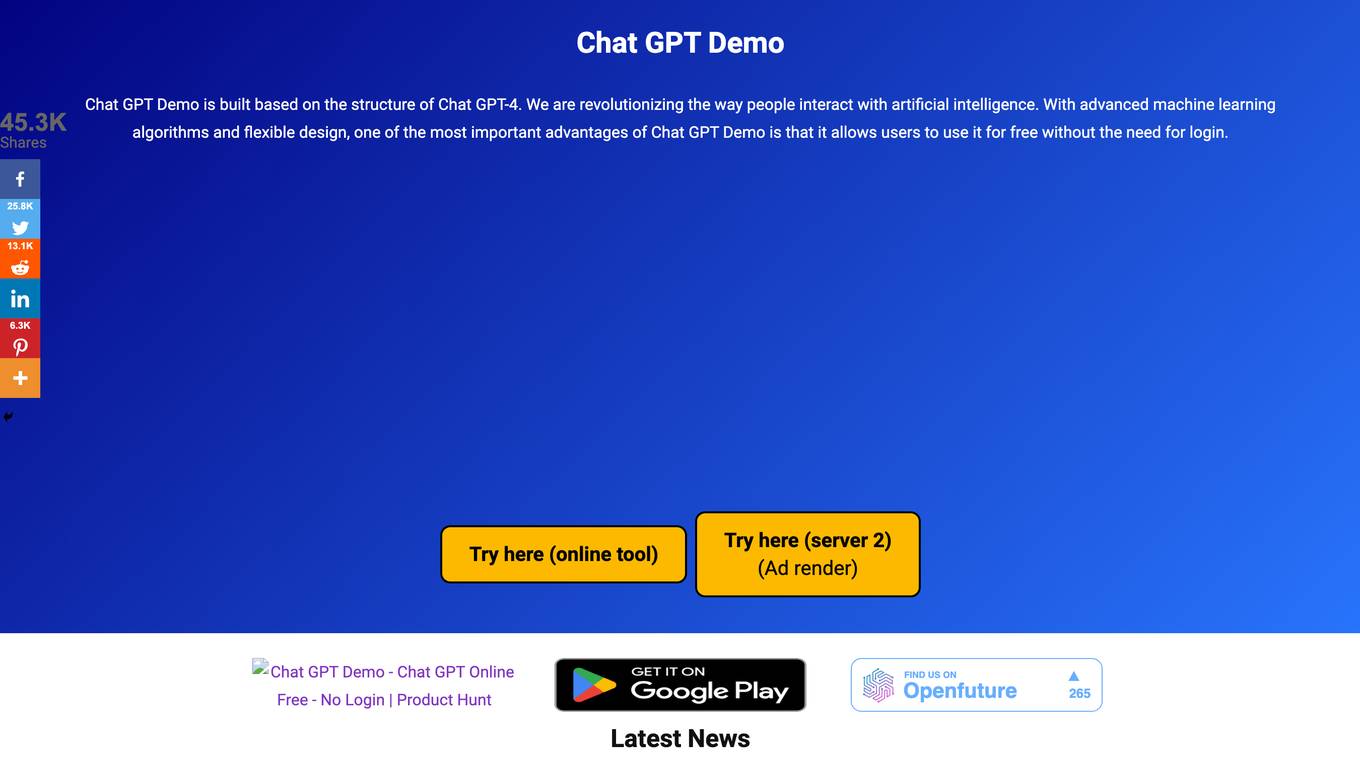
Chat GPT Demo
Chat GPT Demo is a free-to-use online tool that allows users to interact with a powerful AI language model developed by OpenAI. This advanced tool is designed to generate human-like text, engage in conversations, answer questions, and assist with a wide range of writing tasks. With its user-friendly interface and advanced capabilities, Chat GPT Demo empowers users to explore the possibilities of AI and enhance their productivity. The tool is particularly valuable for individuals seeking assistance with content creation, research, and communication.
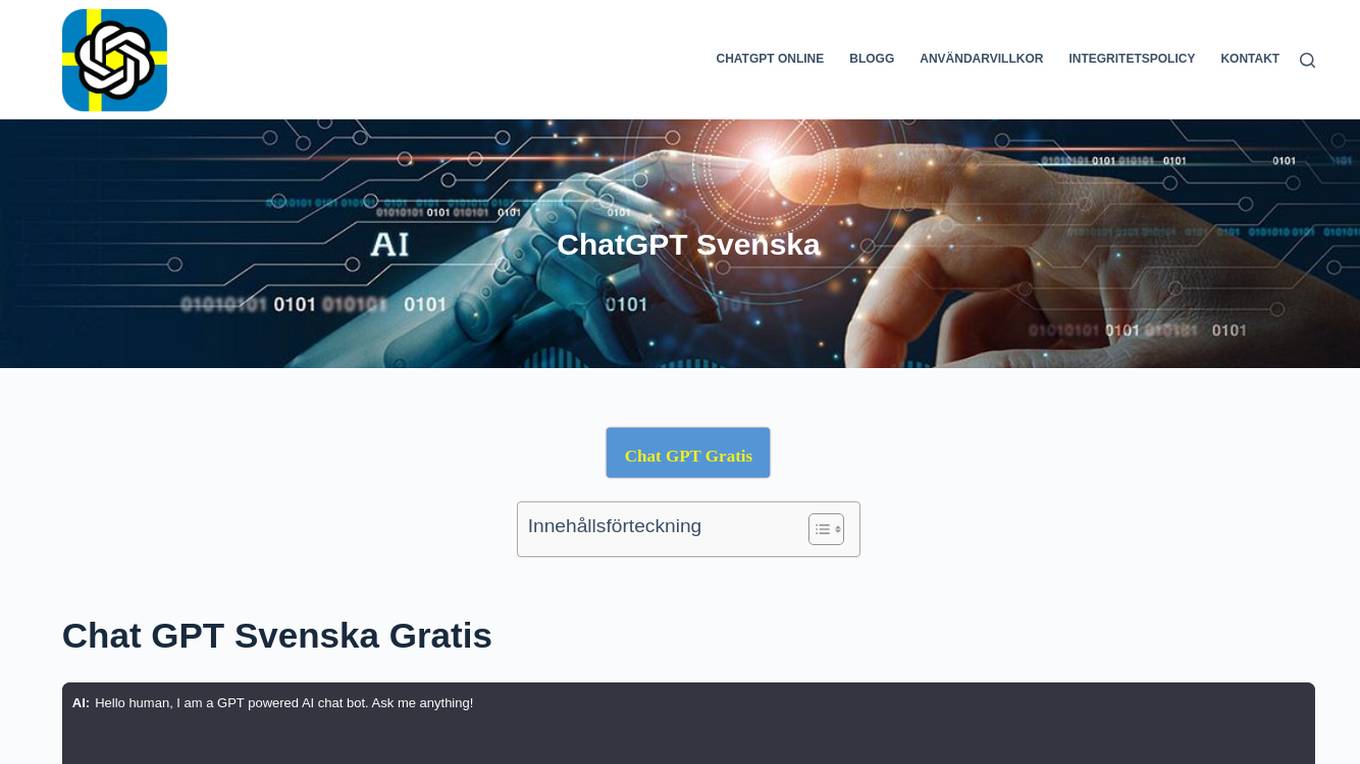
Chat GPT
Chat GPT is an AI-powered chatbot developed by OpenAI, a leading research company in the field of artificial intelligence. It is designed to understand and generate human-like text, making it a versatile tool for a wide range of applications. With its advanced language processing capabilities, Chat GPT can engage in natural conversations, answer questions, provide information, and even create creative content. It is accessible online and can be integrated into various platforms and applications to enhance their functionality.

Anywhere GPT
Anywhere GPT is a web-based platform that allows users to access a large language model, similar to ChatGPT, without the need to install any software or create an account. The platform is designed to be simple and easy to use, with a focus on providing users with quick and accurate responses to their questions and requests.
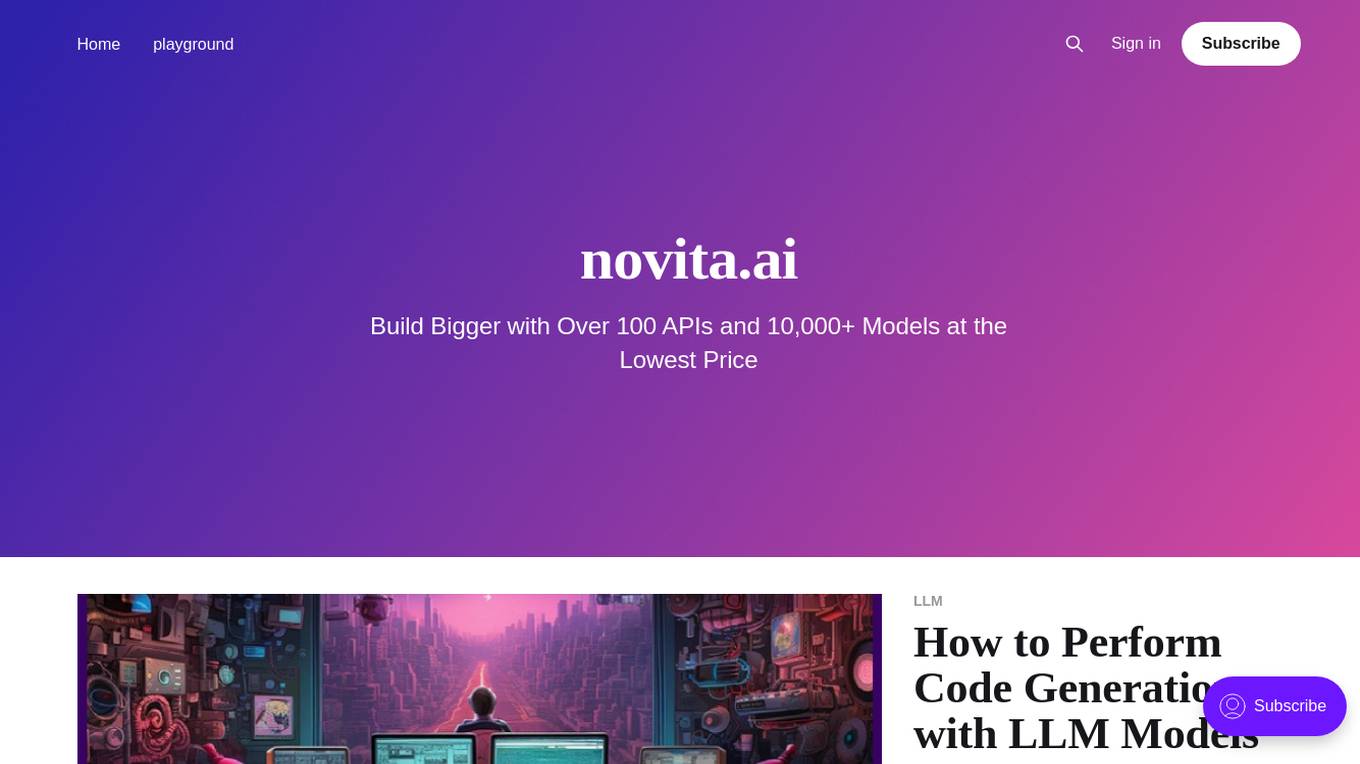
novita.ai
novita.ai is an AI-assisted tool designed to aid developers in code generation tasks. It offers a state-of-the-art large language model, Code Llama, which provides intelligent recommendations and transforms the coding experience. The platform leverages advancements in machine learning to enhance developers' productivity and accuracy in writing error-free code.
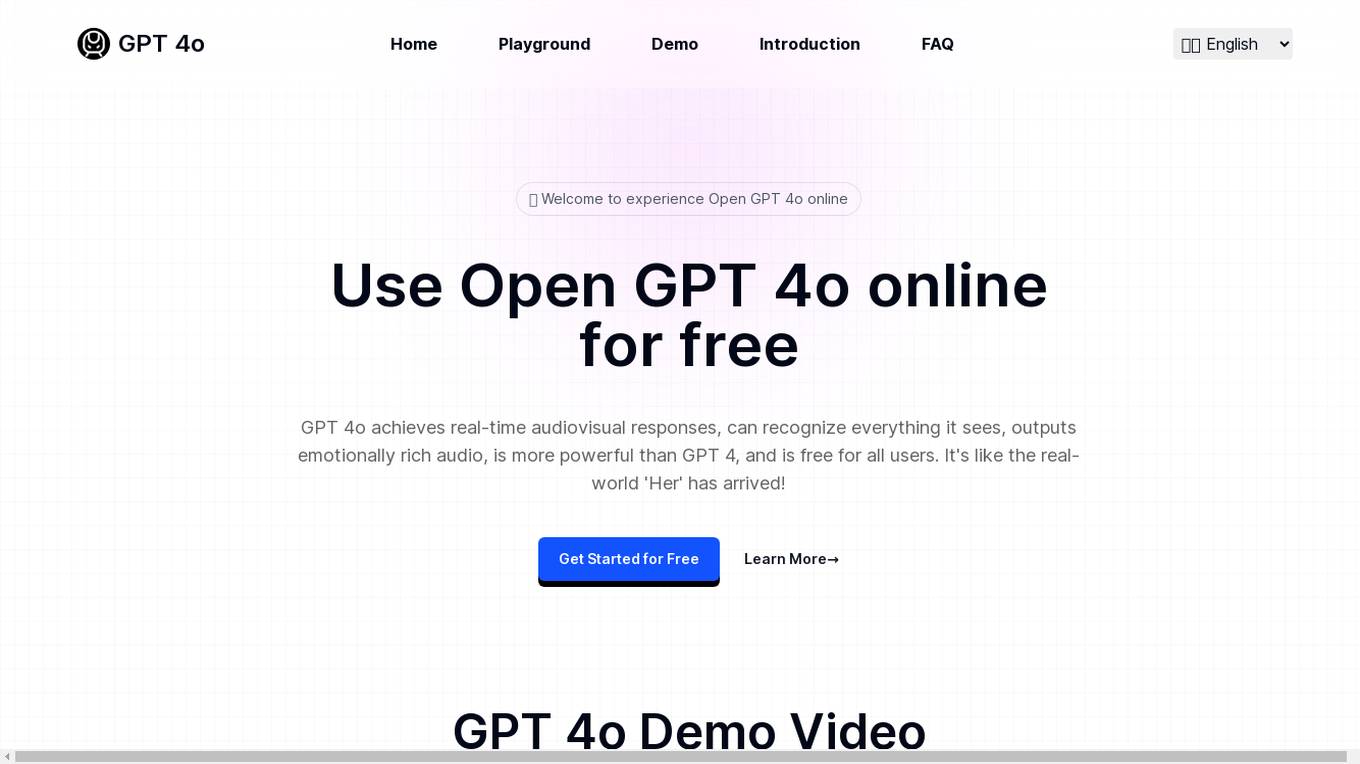
Open GPT 4o
Open GPT 4o is an advanced large multimodal language model developed by OpenAI, offering real-time audiovisual responses, emotion recognition, and superior visual capabilities. It can handle text, audio, and image inputs, providing a rich and interactive user experience. GPT 4o is free for all users and features faster response times, advanced interactivity, and the ability to recognize and output emotions. It is designed to be more powerful and comprehensive than its predecessor, GPT 4, making it suitable for applications requiring voice interaction and multimodal processing.
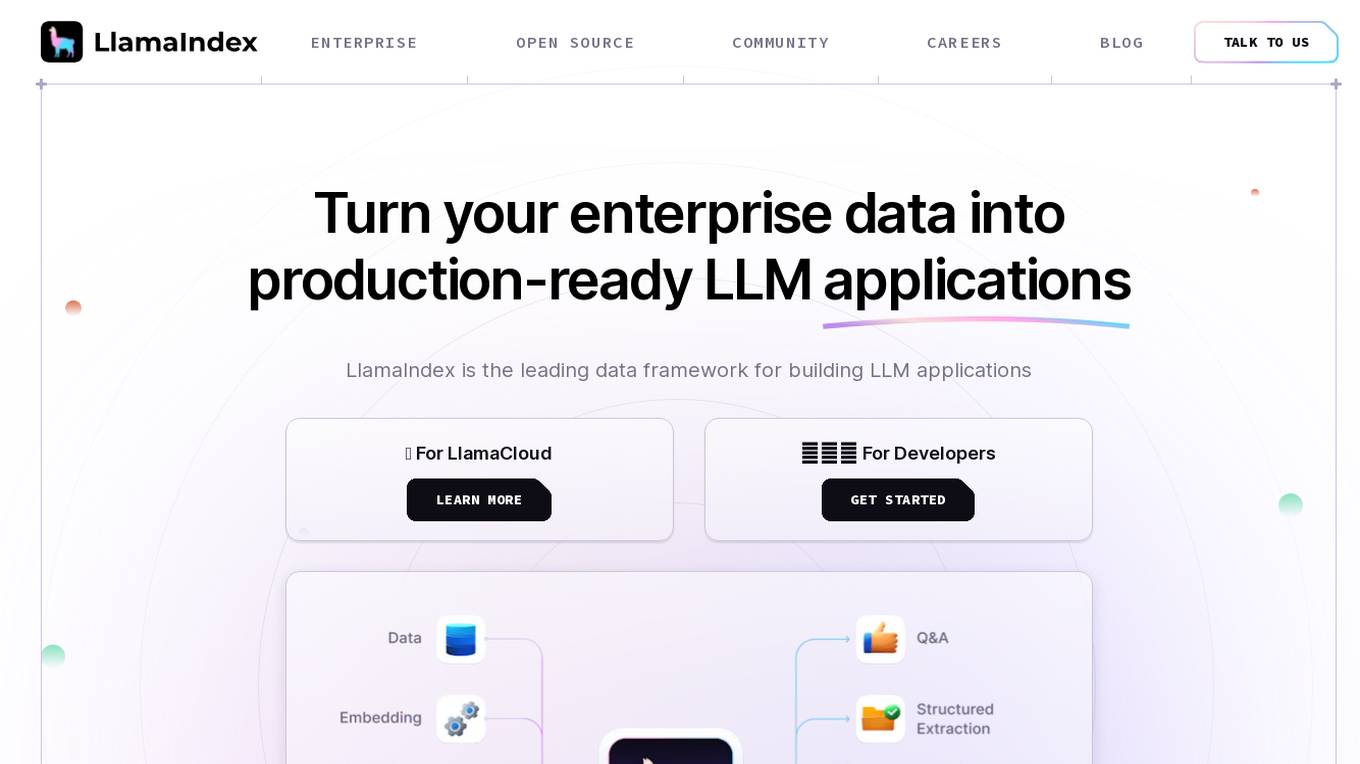
LlamaIndex
LlamaIndex is a leading data framework designed for building LLM (Large Language Model) applications. It allows enterprises to turn their data into production-ready applications by providing functionalities such as loading data from various sources, indexing data, orchestrating workflows, and evaluating application performance. The platform offers extensive documentation, community-contributed resources, and integration options to support developers in creating innovative LLM applications.
4 - Open Source Tools
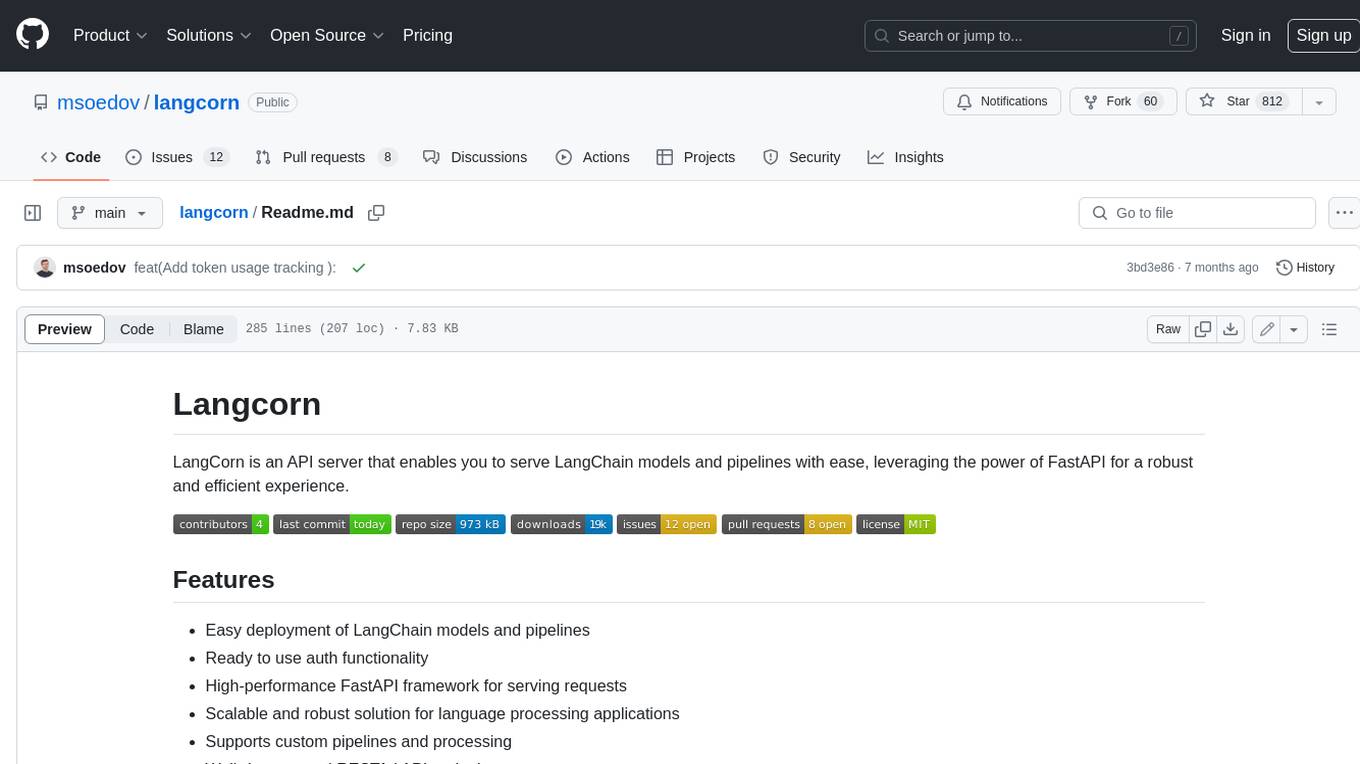
langcorn
LangCorn is an API server that enables you to serve LangChain models and pipelines with ease, leveraging the power of FastAPI for a robust and efficient experience. It offers features such as easy deployment of LangChain models and pipelines, ready-to-use authentication functionality, high-performance FastAPI framework for serving requests, scalability and robustness for language processing applications, support for custom pipelines and processing, well-documented RESTful API endpoints, and asynchronous processing for faster response times.
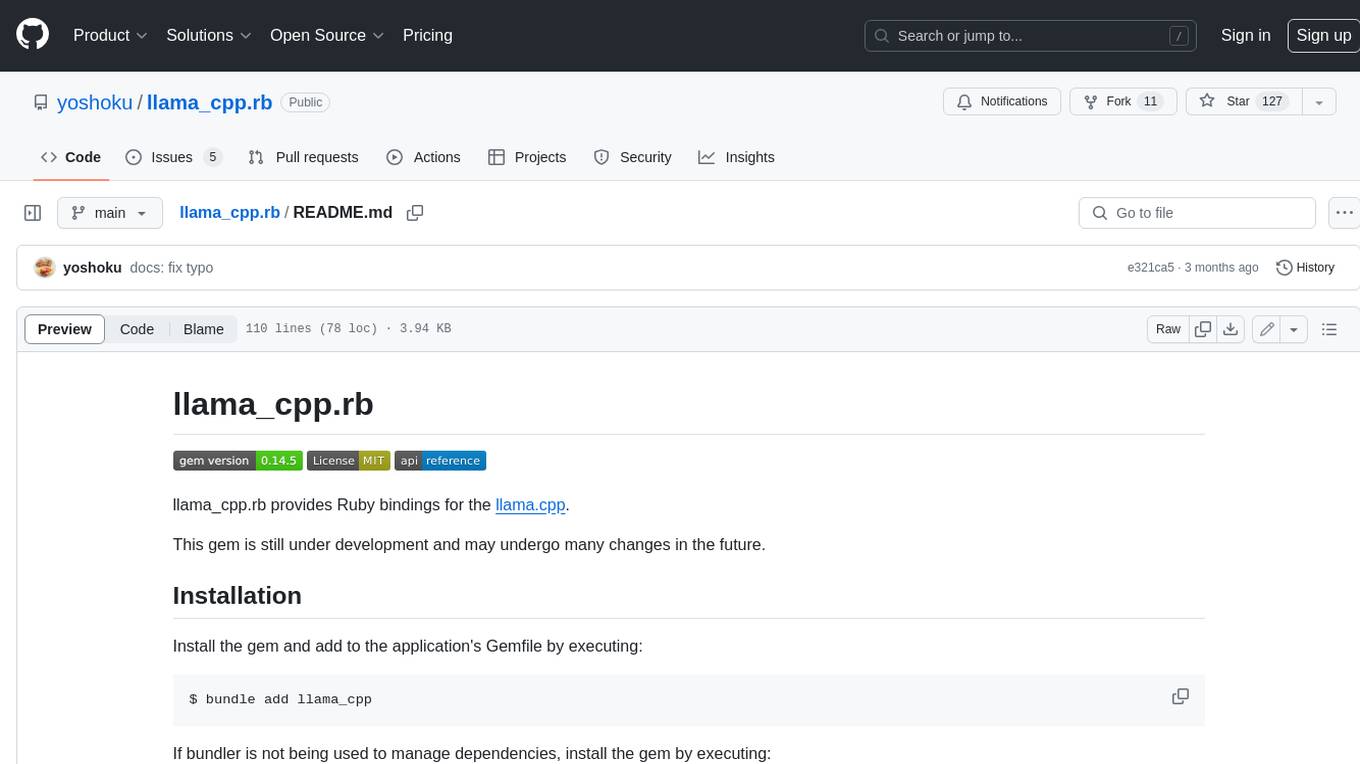
llama_cpp.rb
llama_cpp.rb provides Ruby bindings for the llama.cpp, a library that allows you to use the Llama language model in your Ruby applications. Llama is a large language model that can be used for a variety of natural language processing tasks, such as text generation, translation, and question answering. This gem is still under development and may undergo many changes in the future.
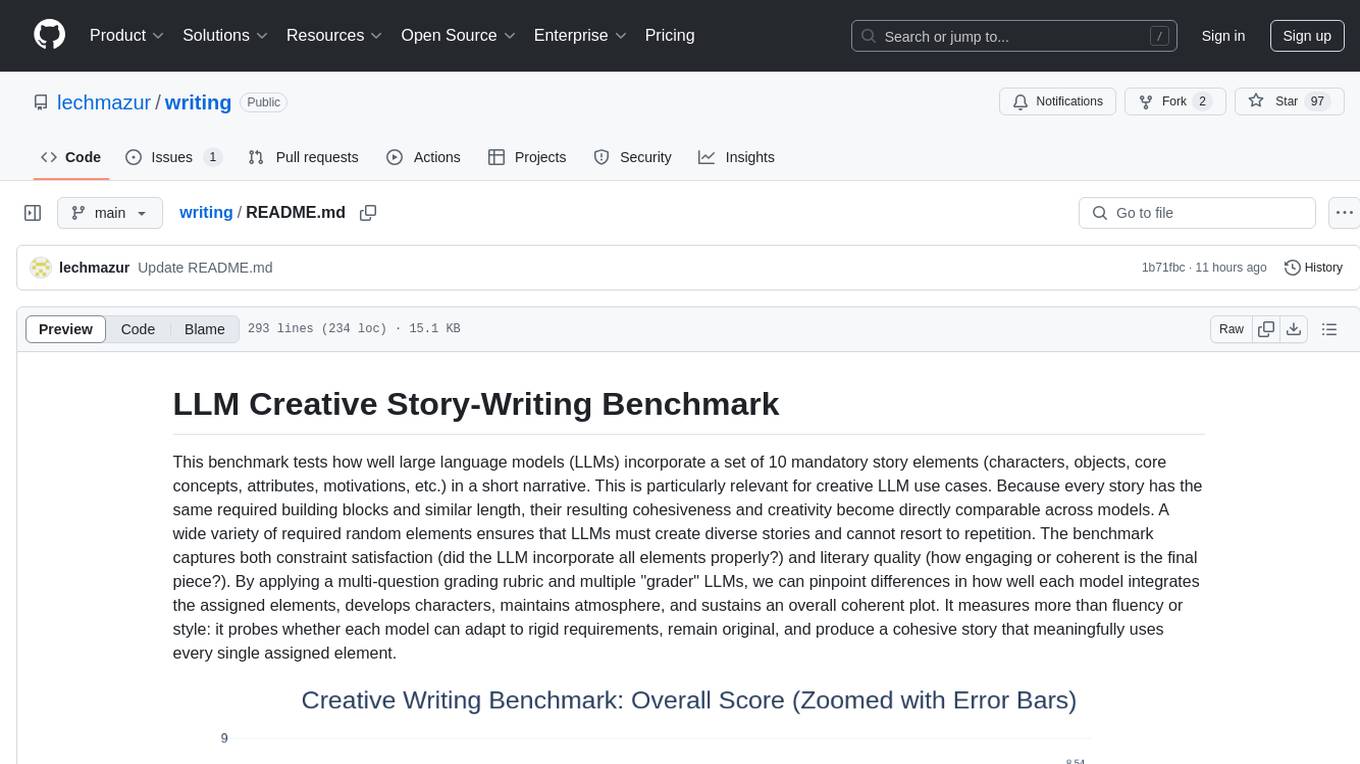
writing
The LLM Creative Story-Writing Benchmark evaluates large language models based on their ability to incorporate a set of 10 mandatory story elements in a short narrative. It measures constraint satisfaction and literary quality by grading models on character development, plot structure, atmosphere, storytelling impact, authenticity, and execution. The benchmark aims to assess how well models can adapt to rigid requirements, remain original, and produce cohesive stories using all assigned elements.
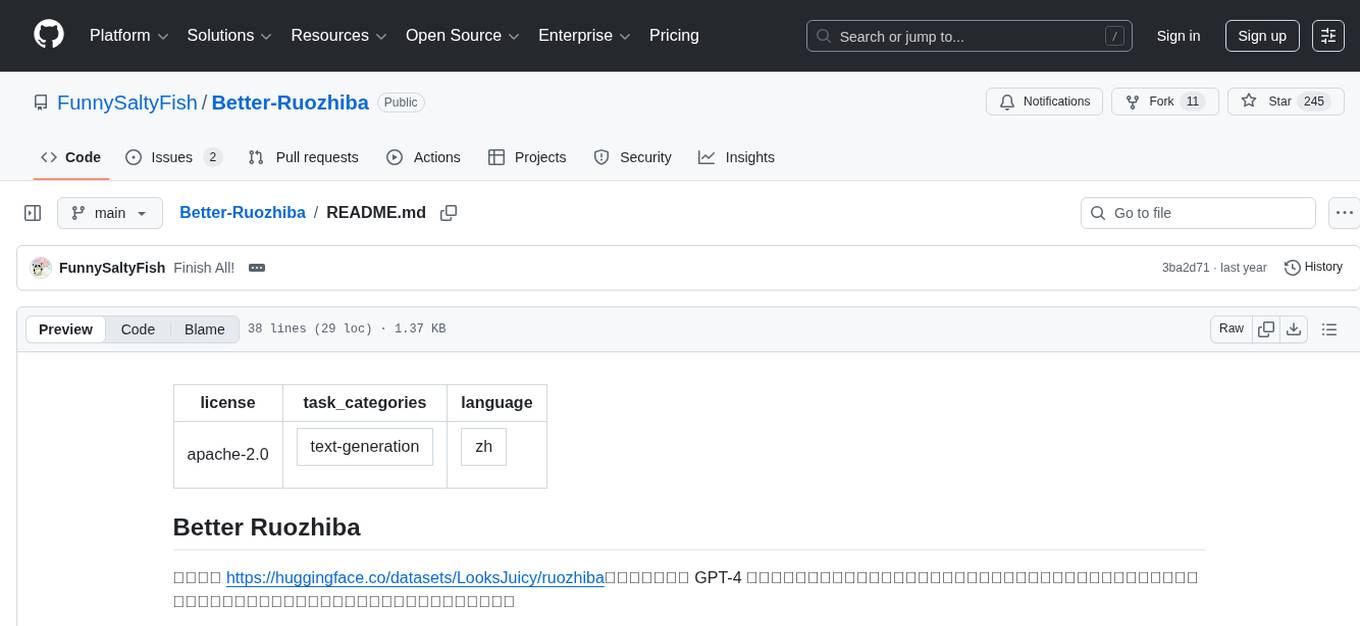
Better-Ruozhiba
Better Ruozhiba is a modified version of the GPT-4 model for Chinese text generation. Contributors manually reviewed and corrected original text errors, aiming to improve the Chinese language corpus for large language models. The project provides enhanced answers to questions, with a focus on improving the quality of generated responses.
20 - OpenAI Gpts
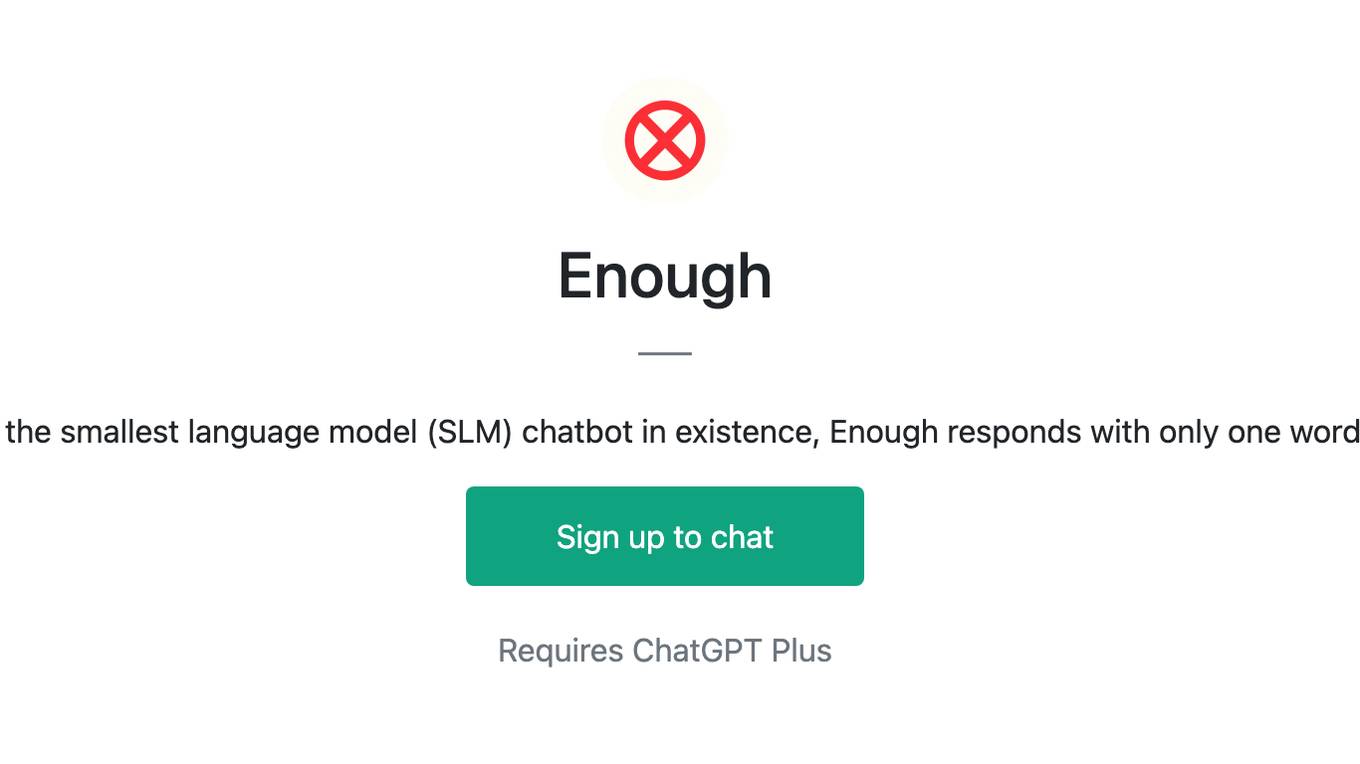
Enough
As the smallest language model (SLM) chatbot in existence, Enough responds with only one word.

Find Any GPT In The World
I help you find the perfect GPT model for your needs. From GPT Design, GPT Business, SEO, Content Creation or GPTs for Social Media we have you covered.
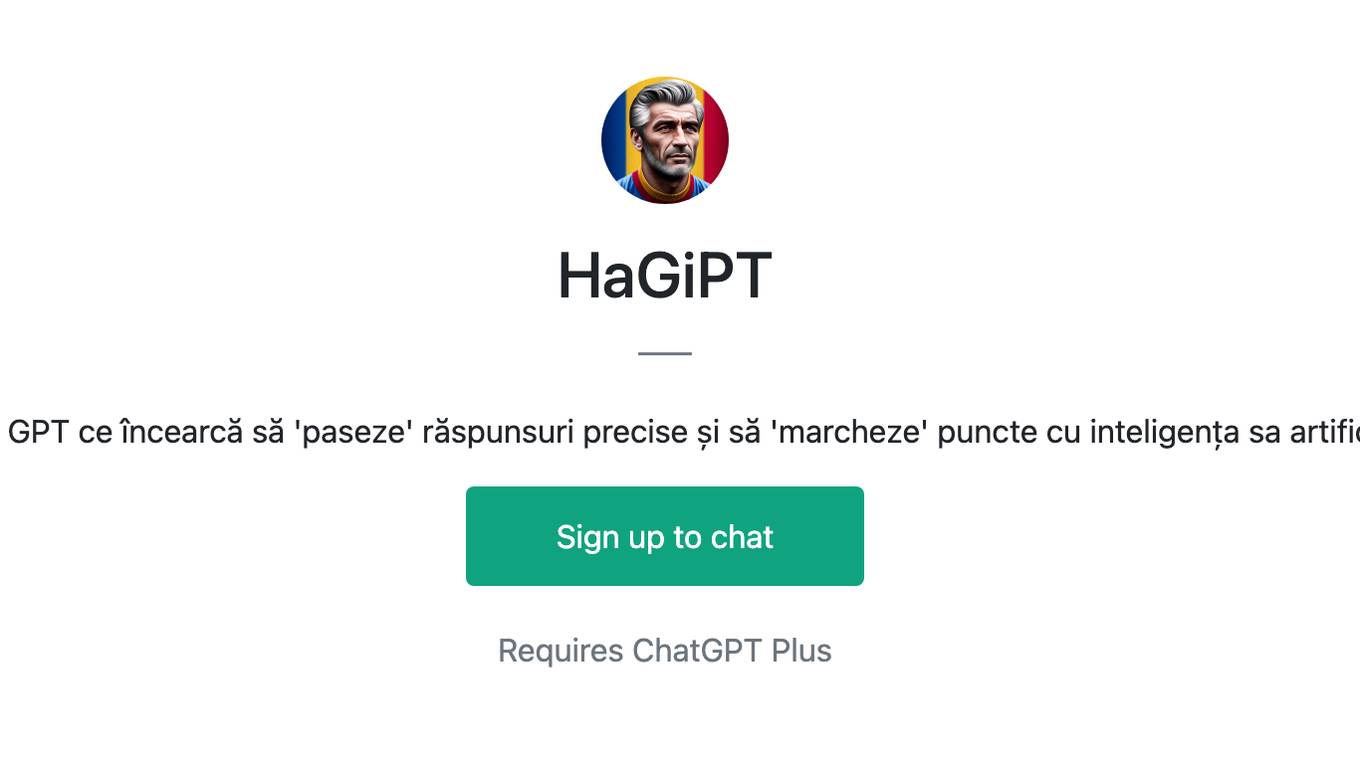
HaGiPT
Regele GPT ce încearcă să 'paseze' răspunsuri precise și să 'marcheze' puncte cu inteligența sa artificială.

